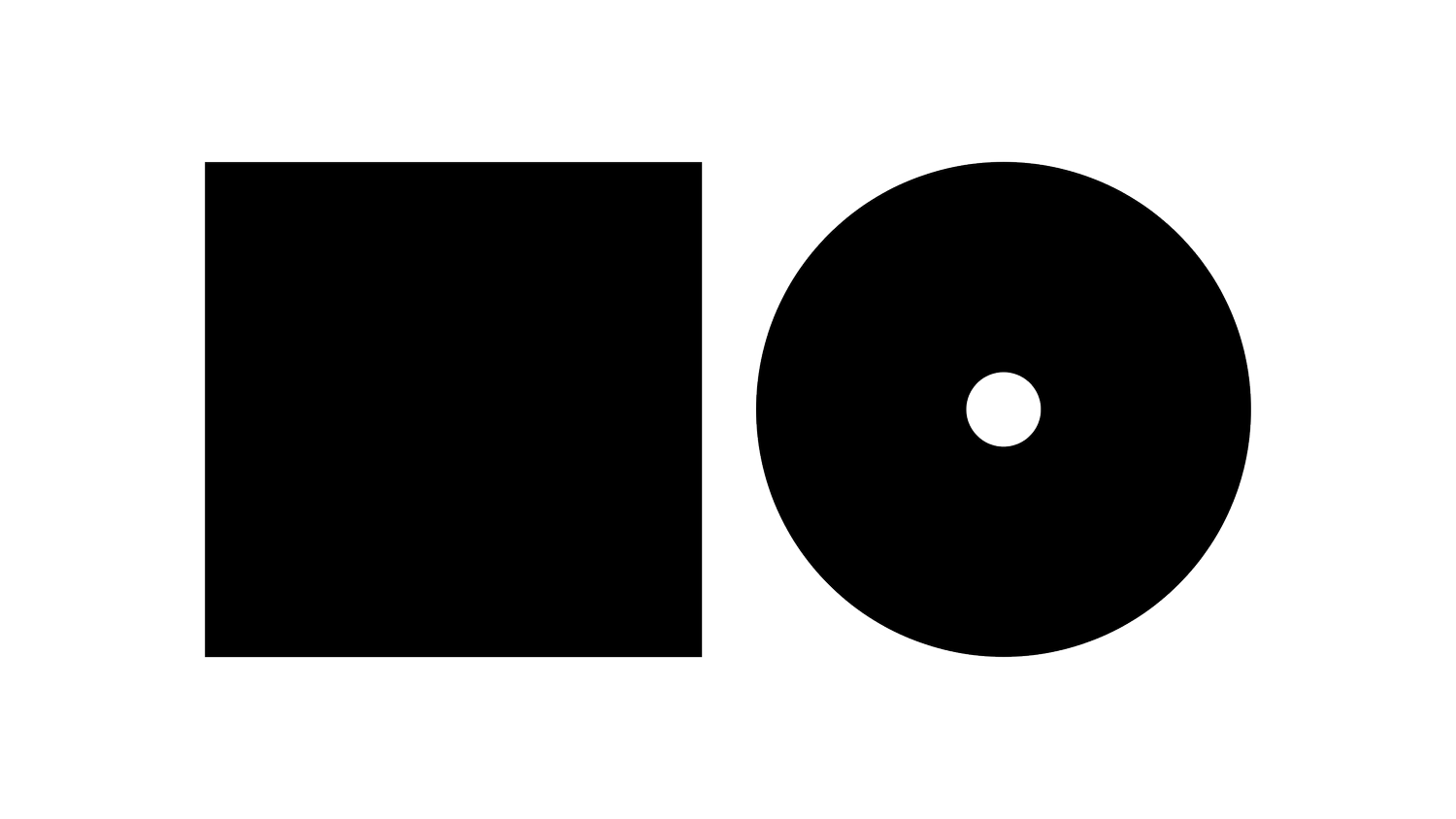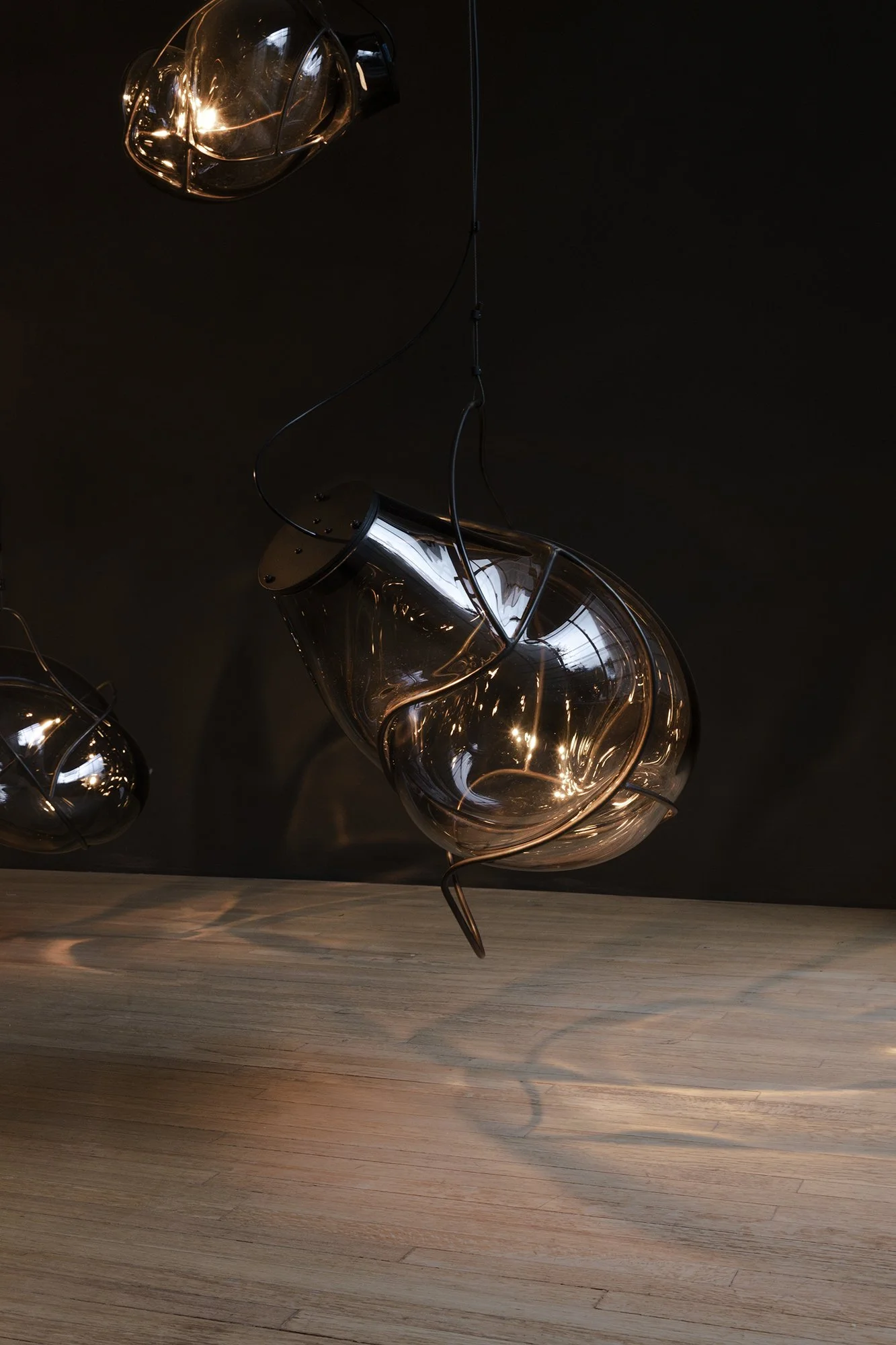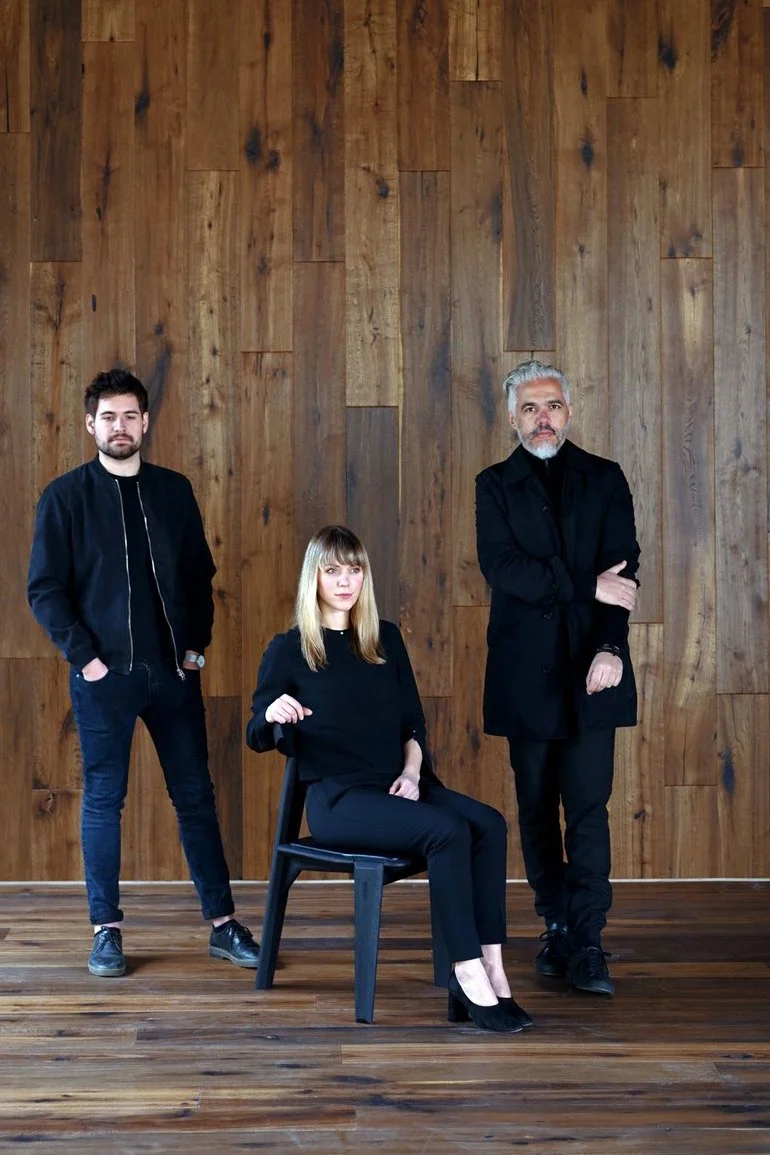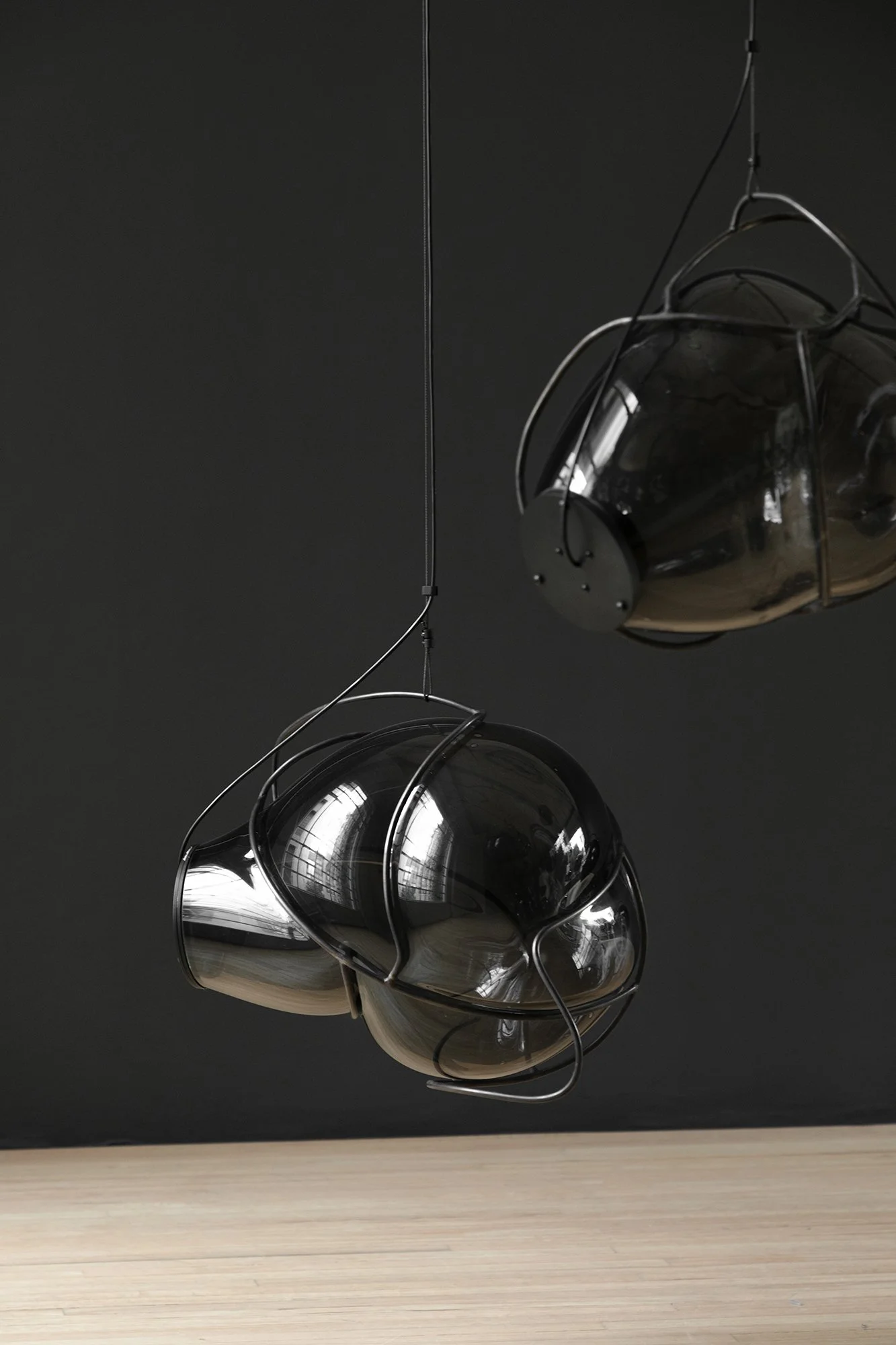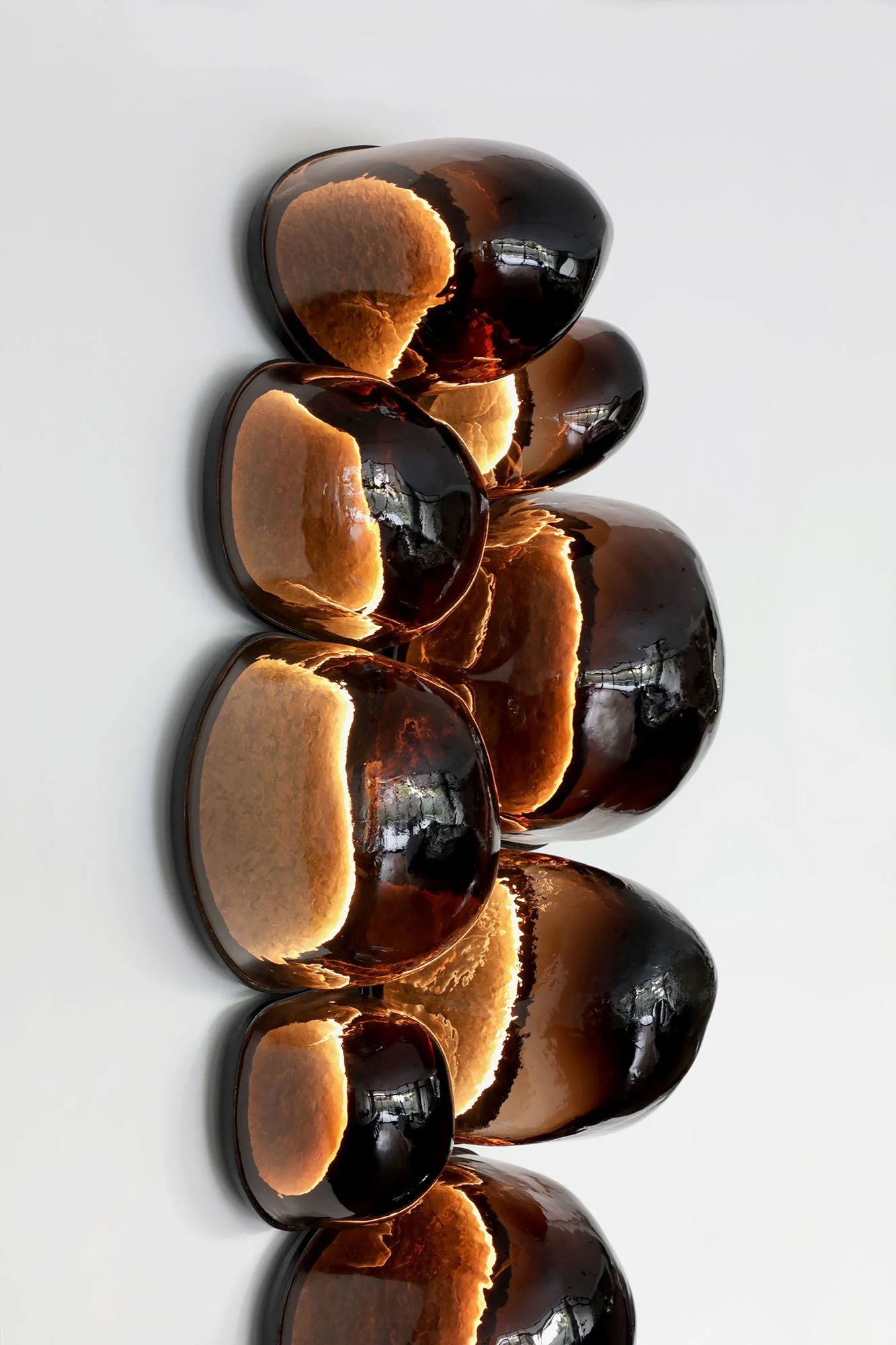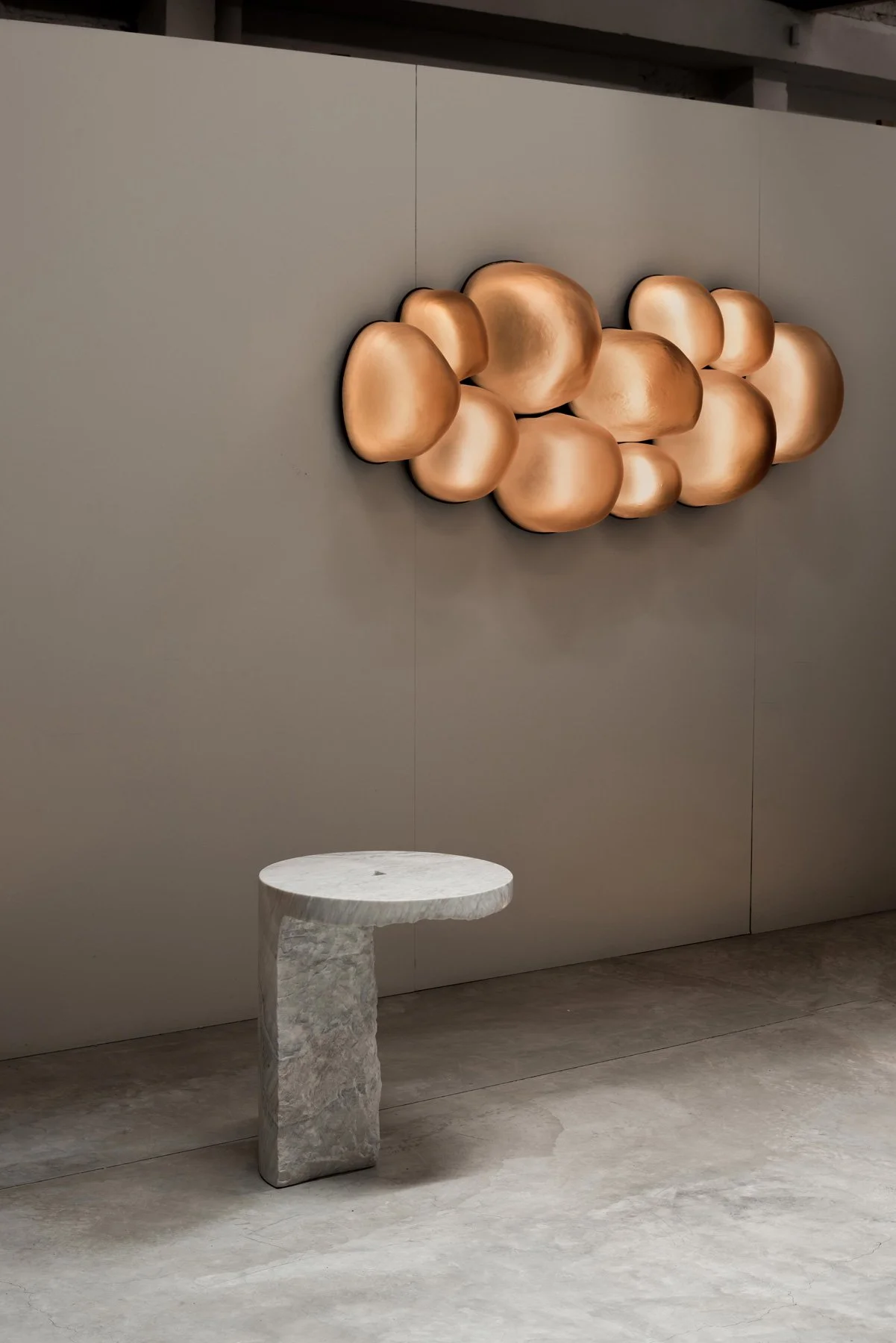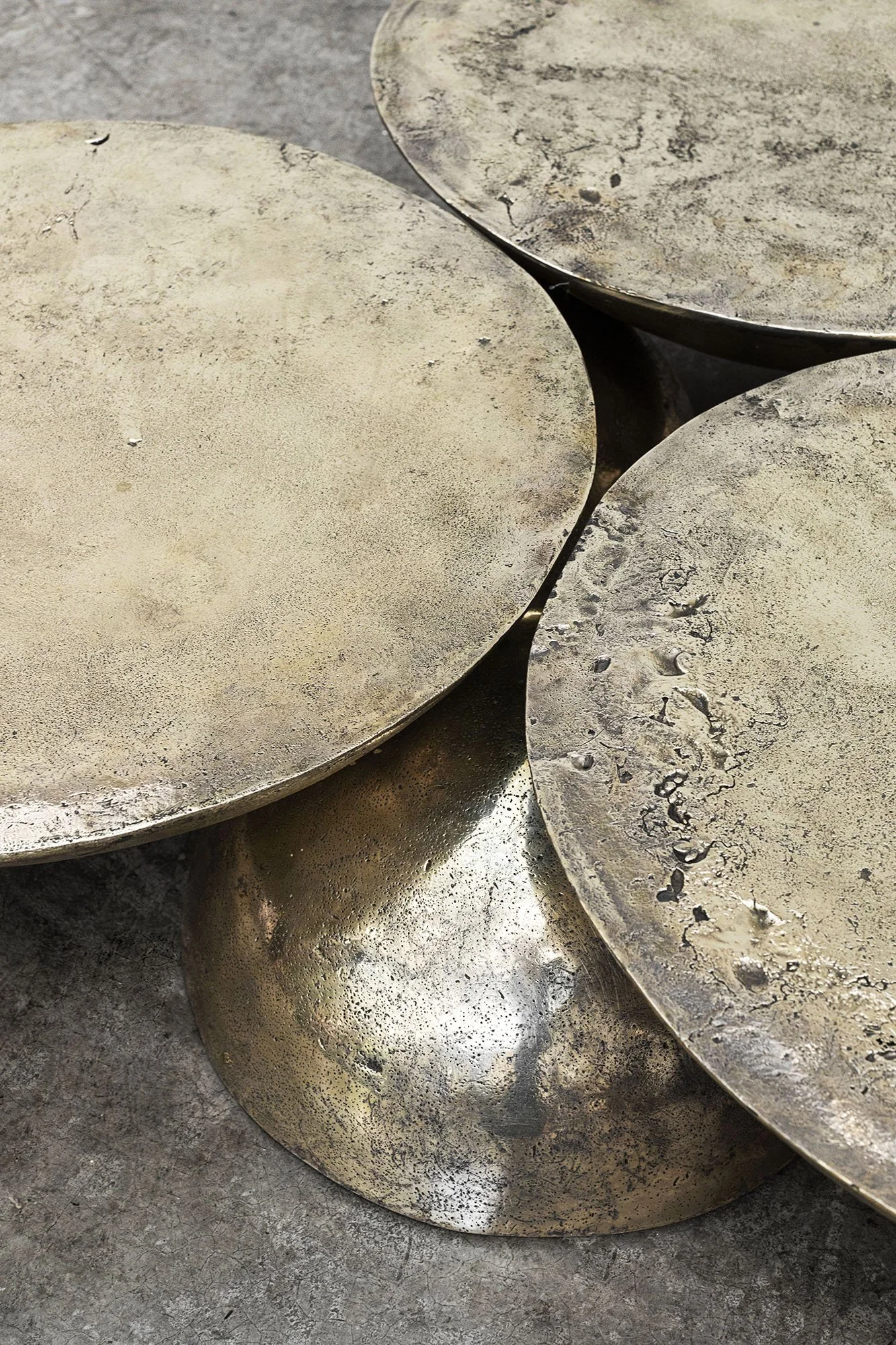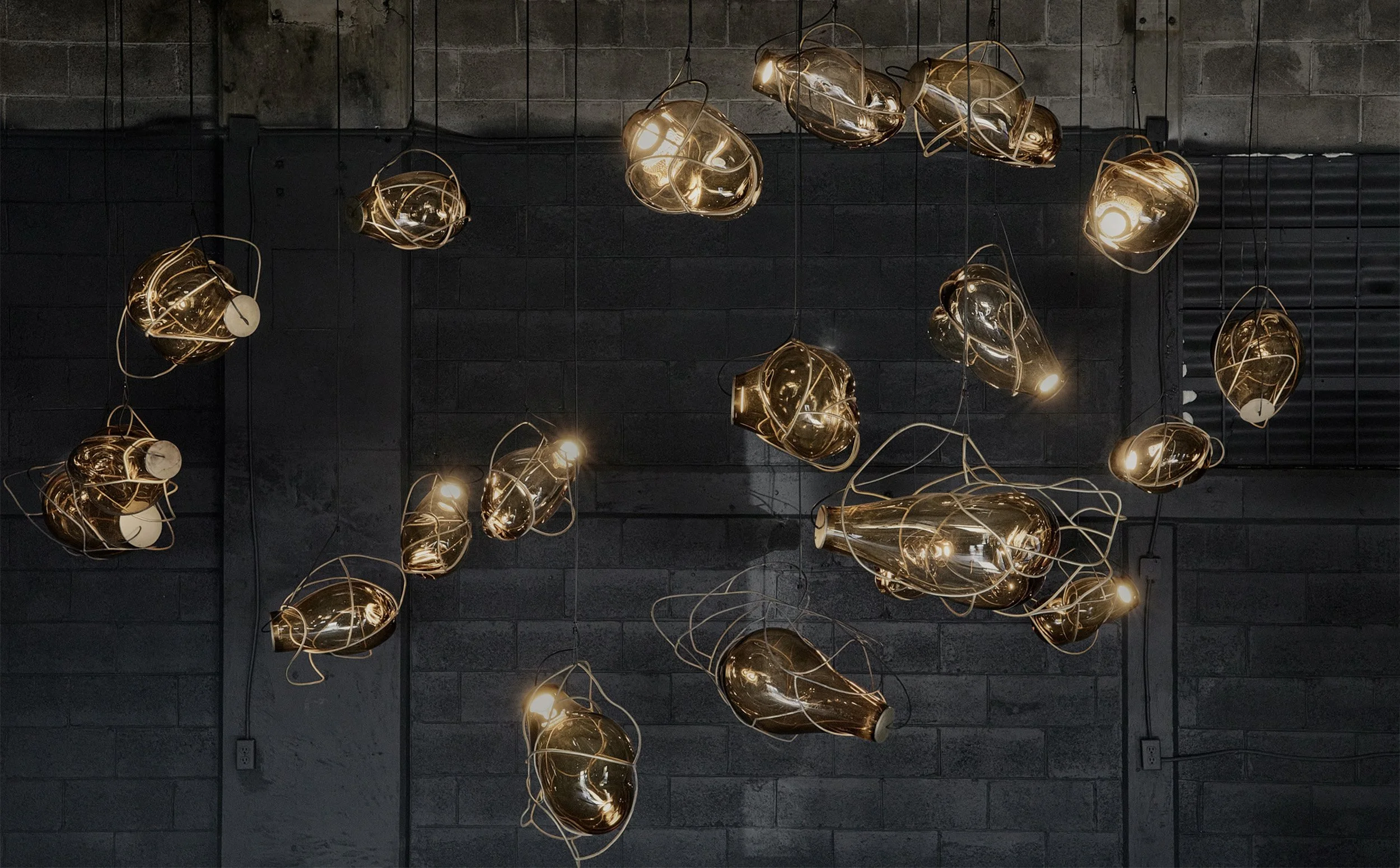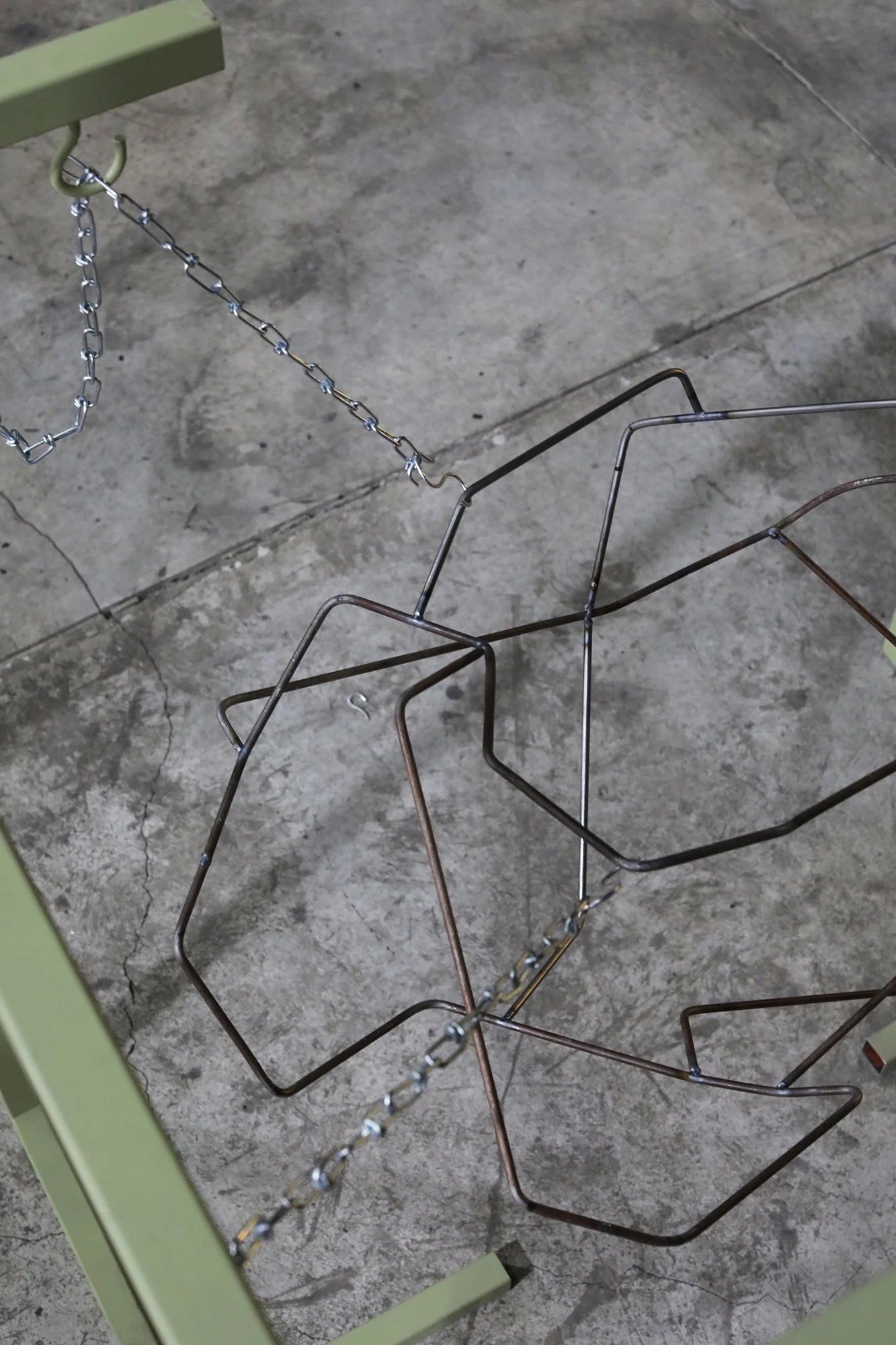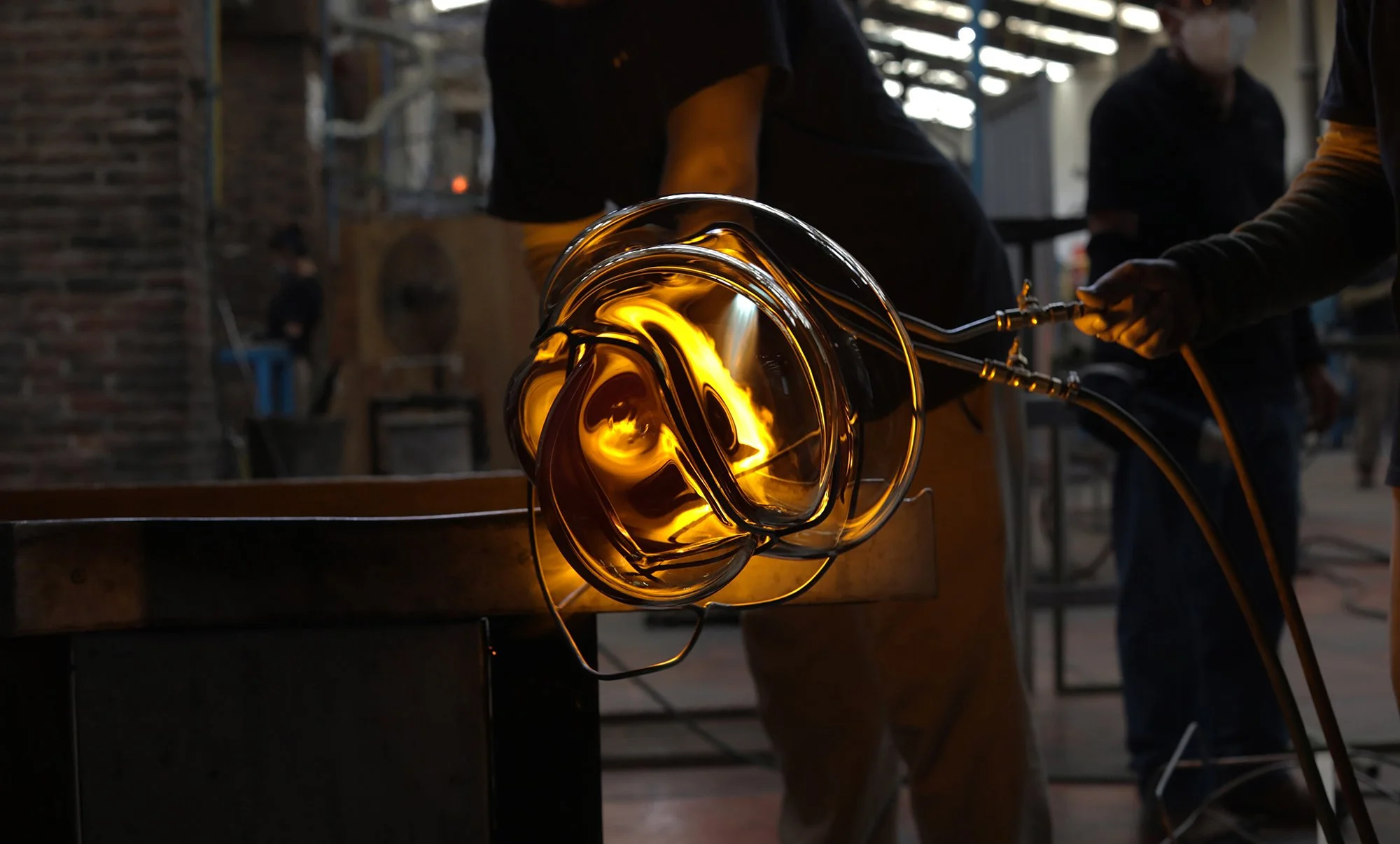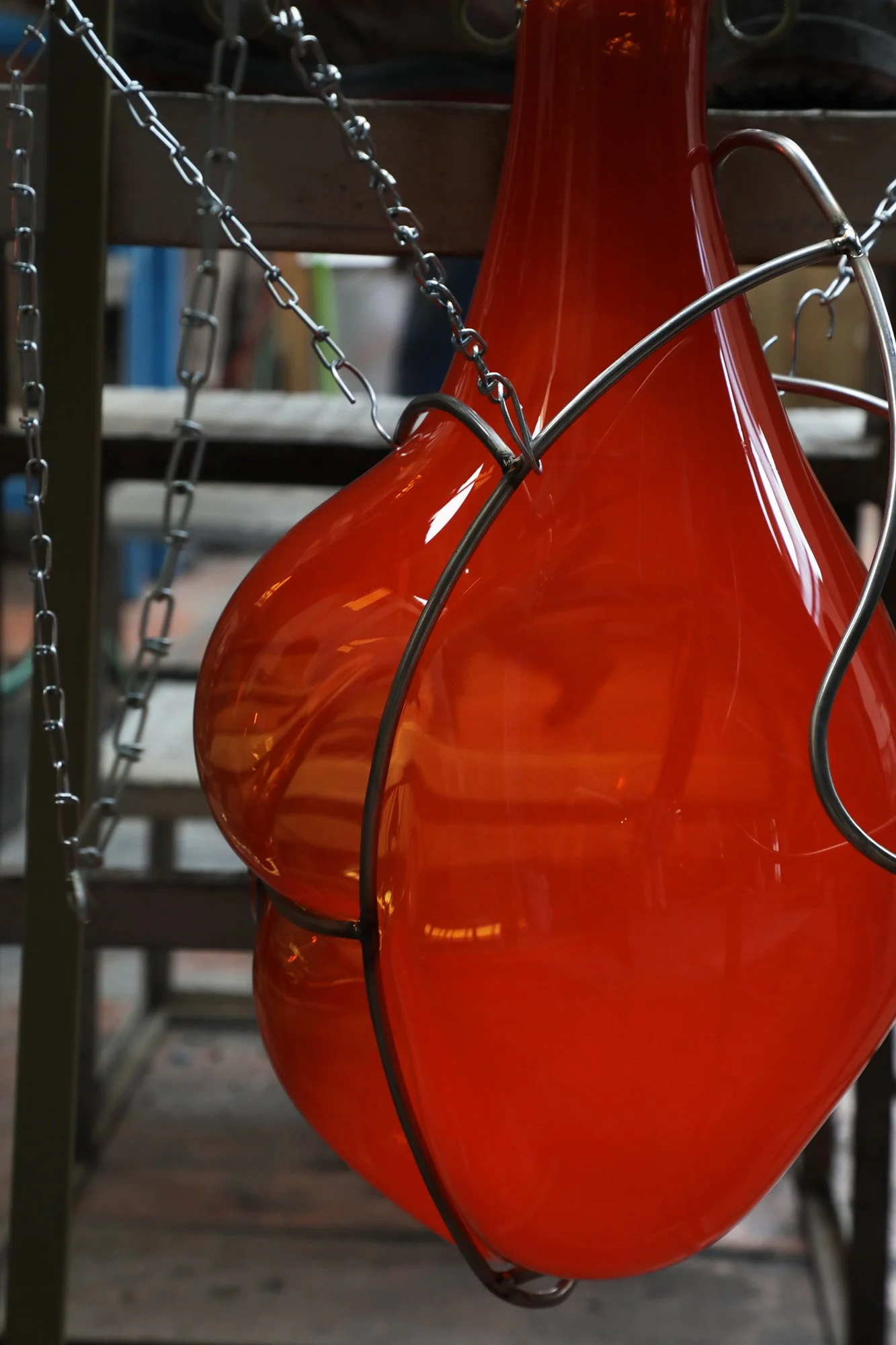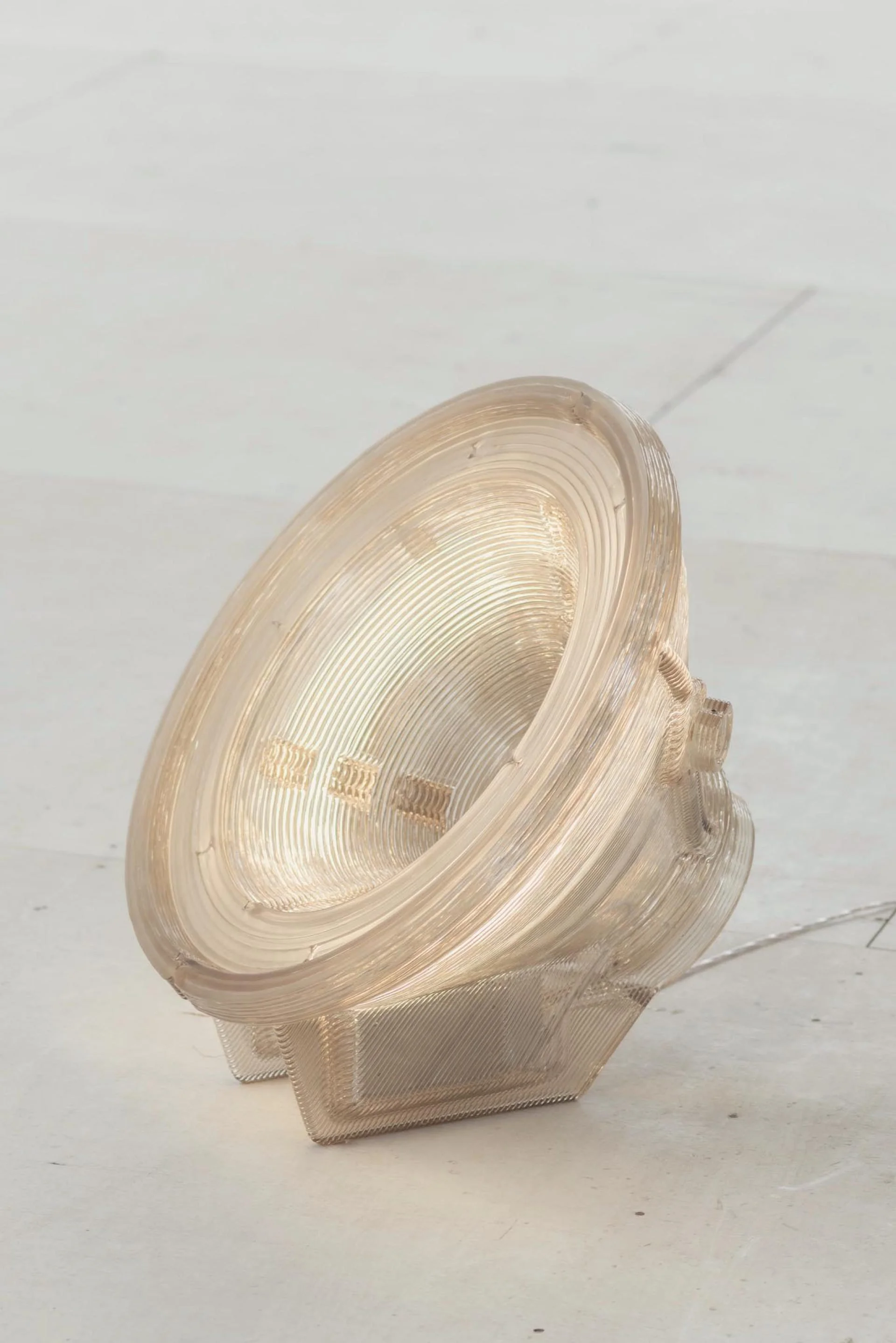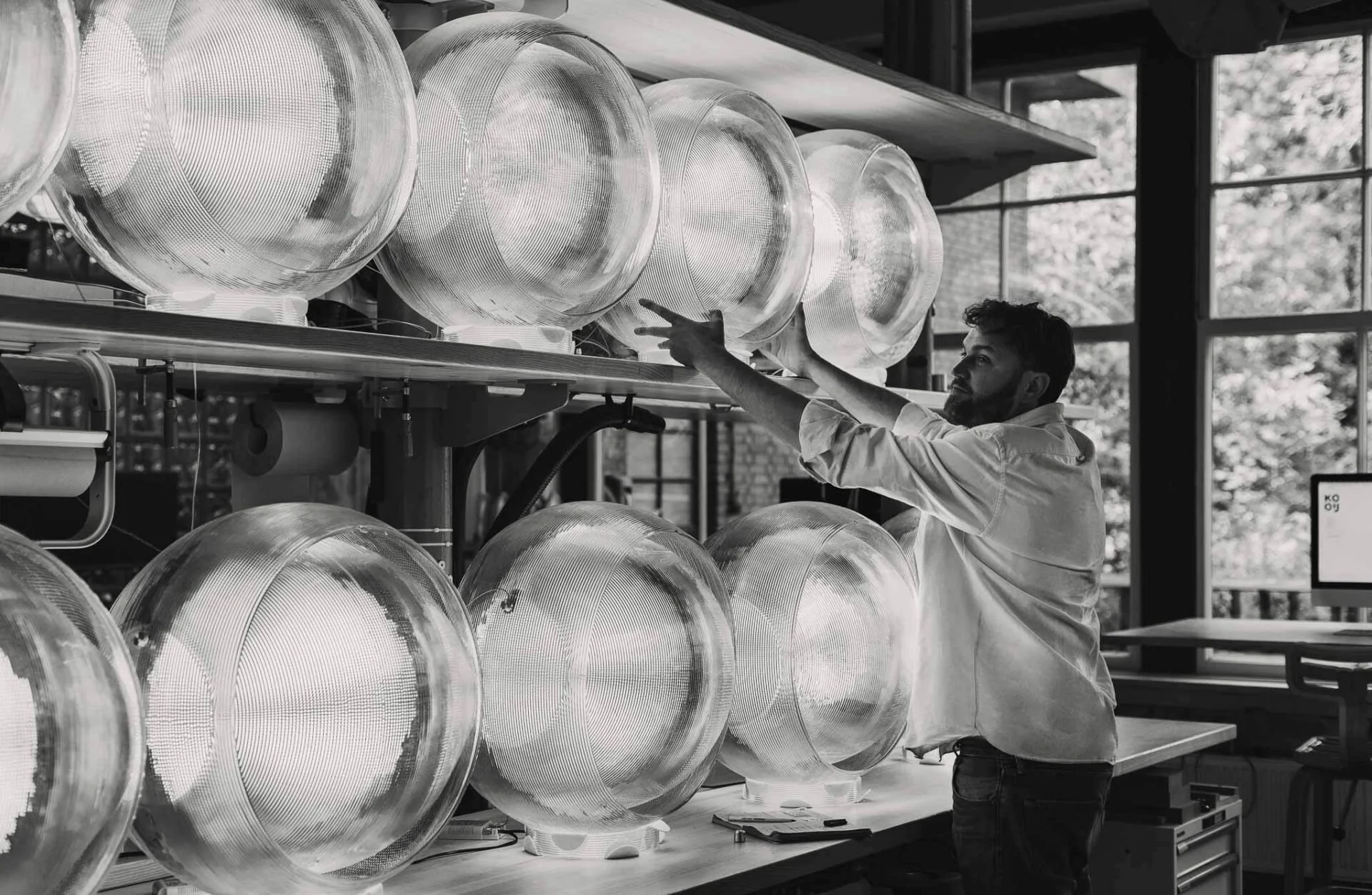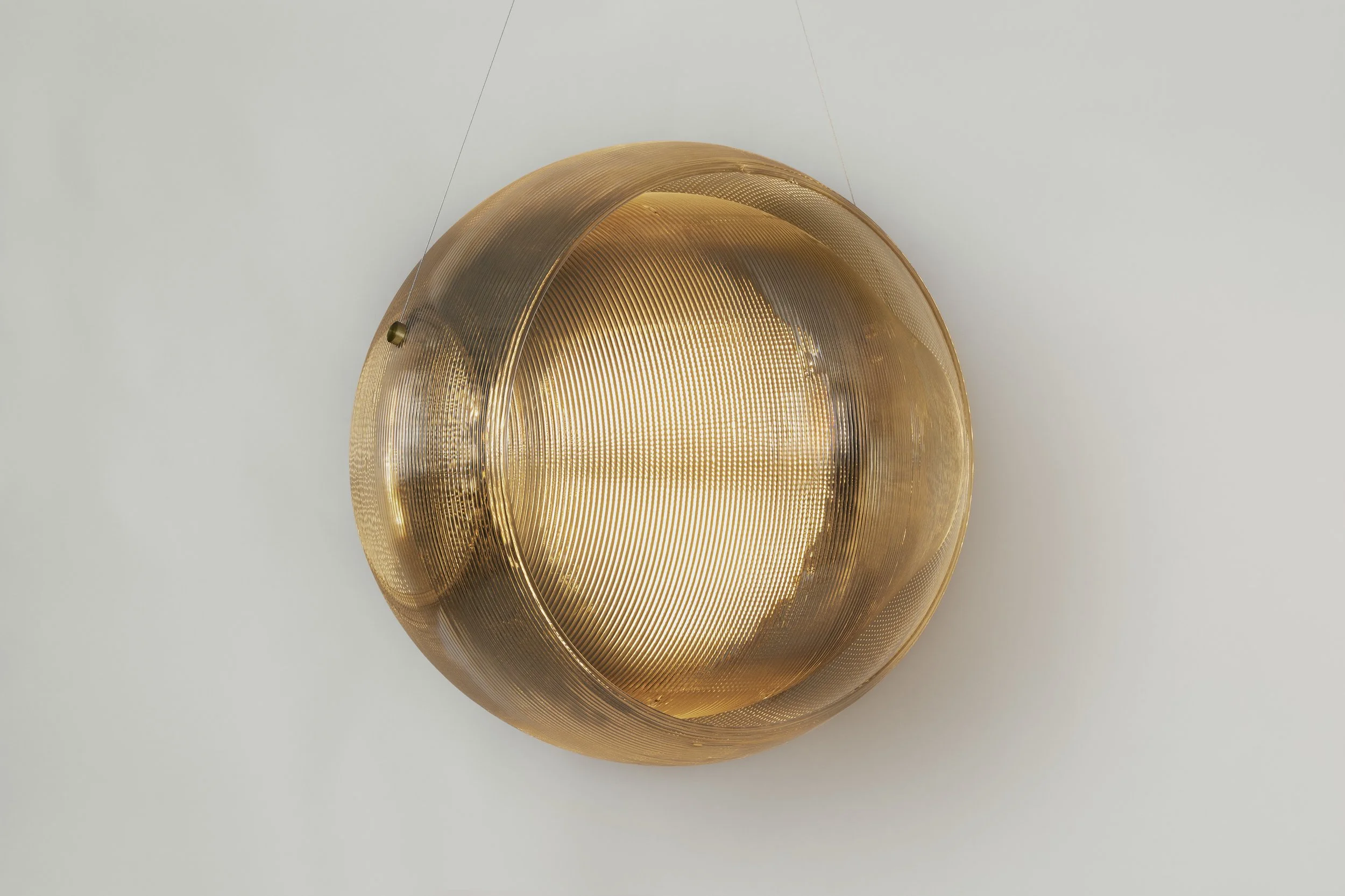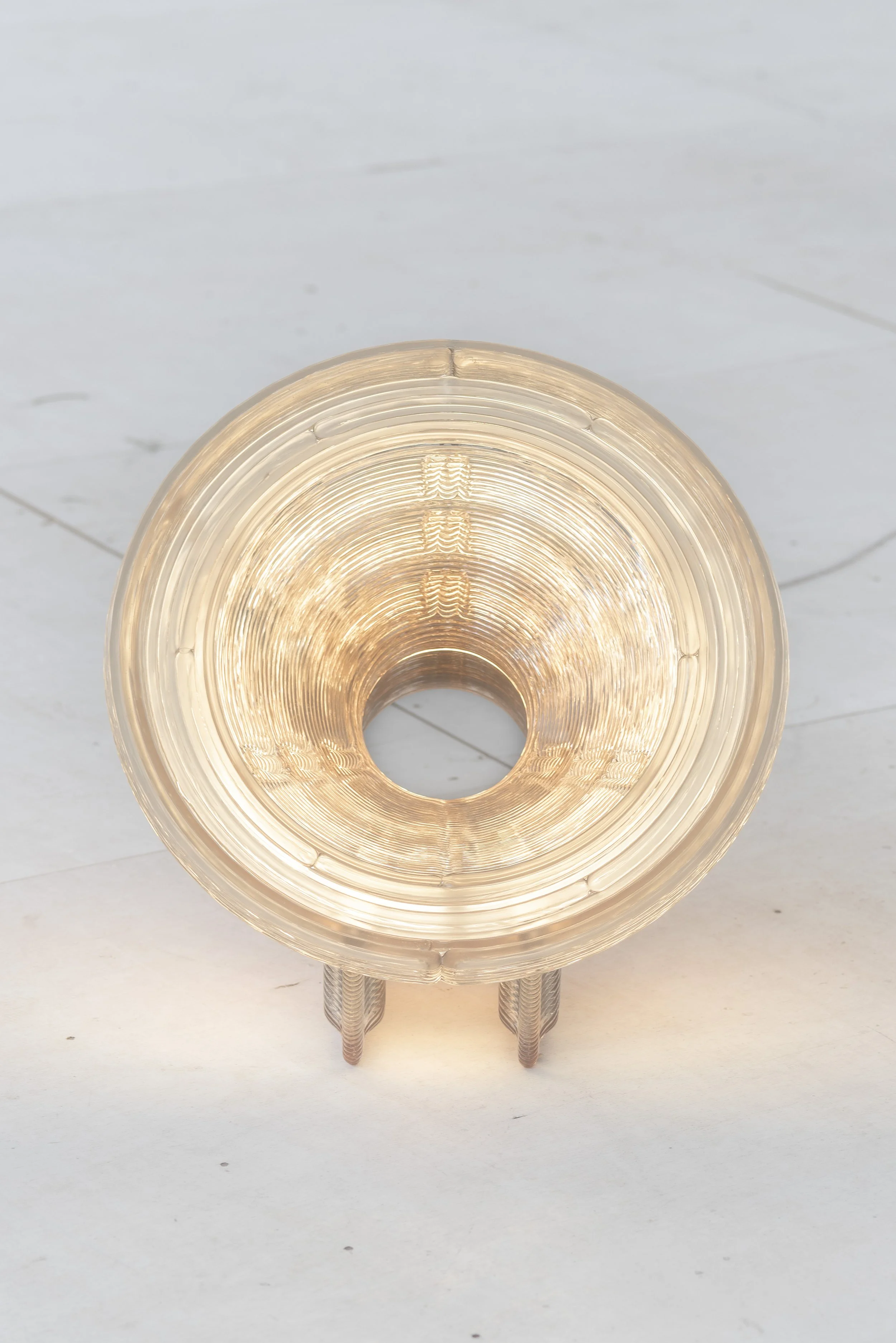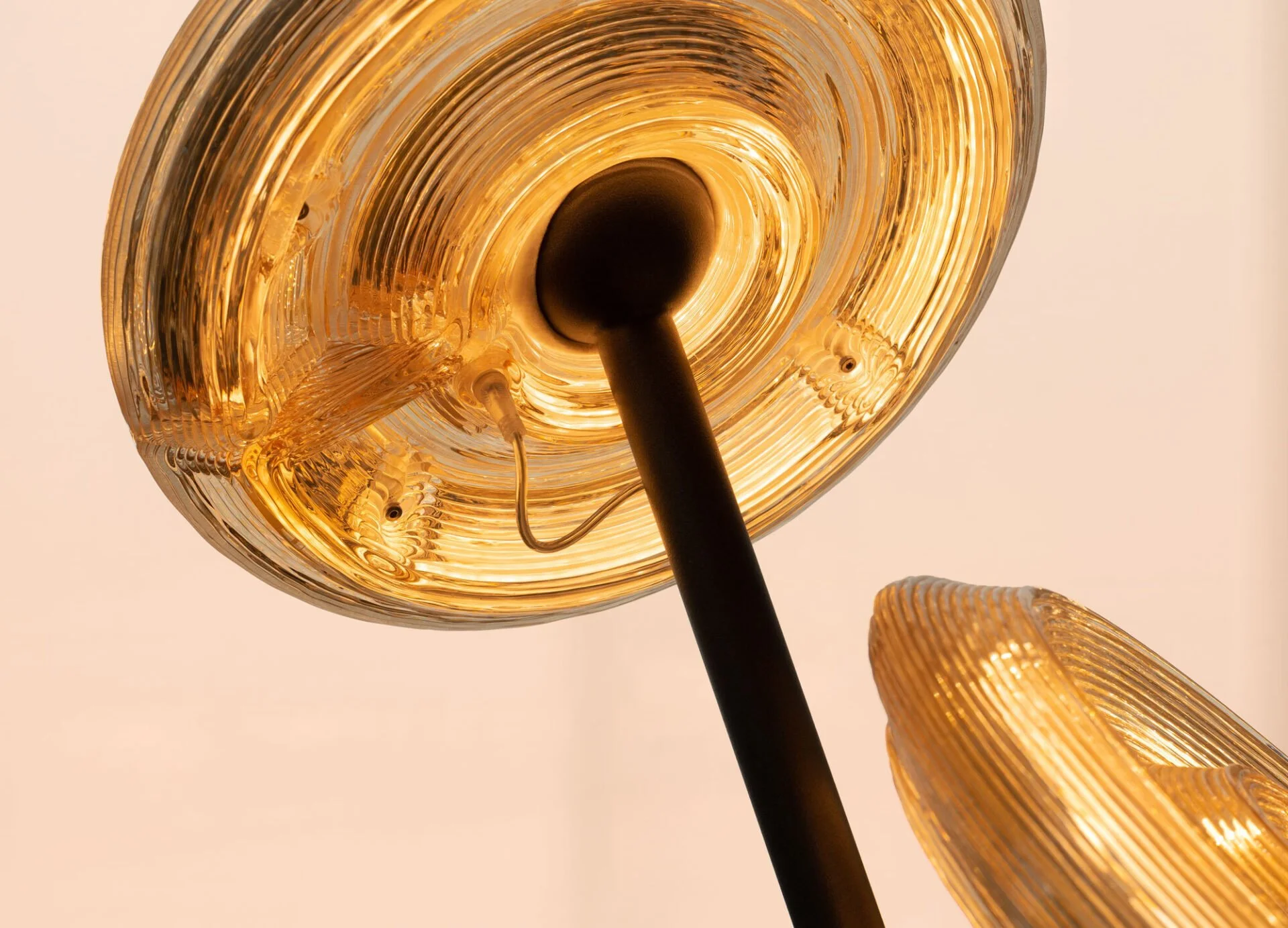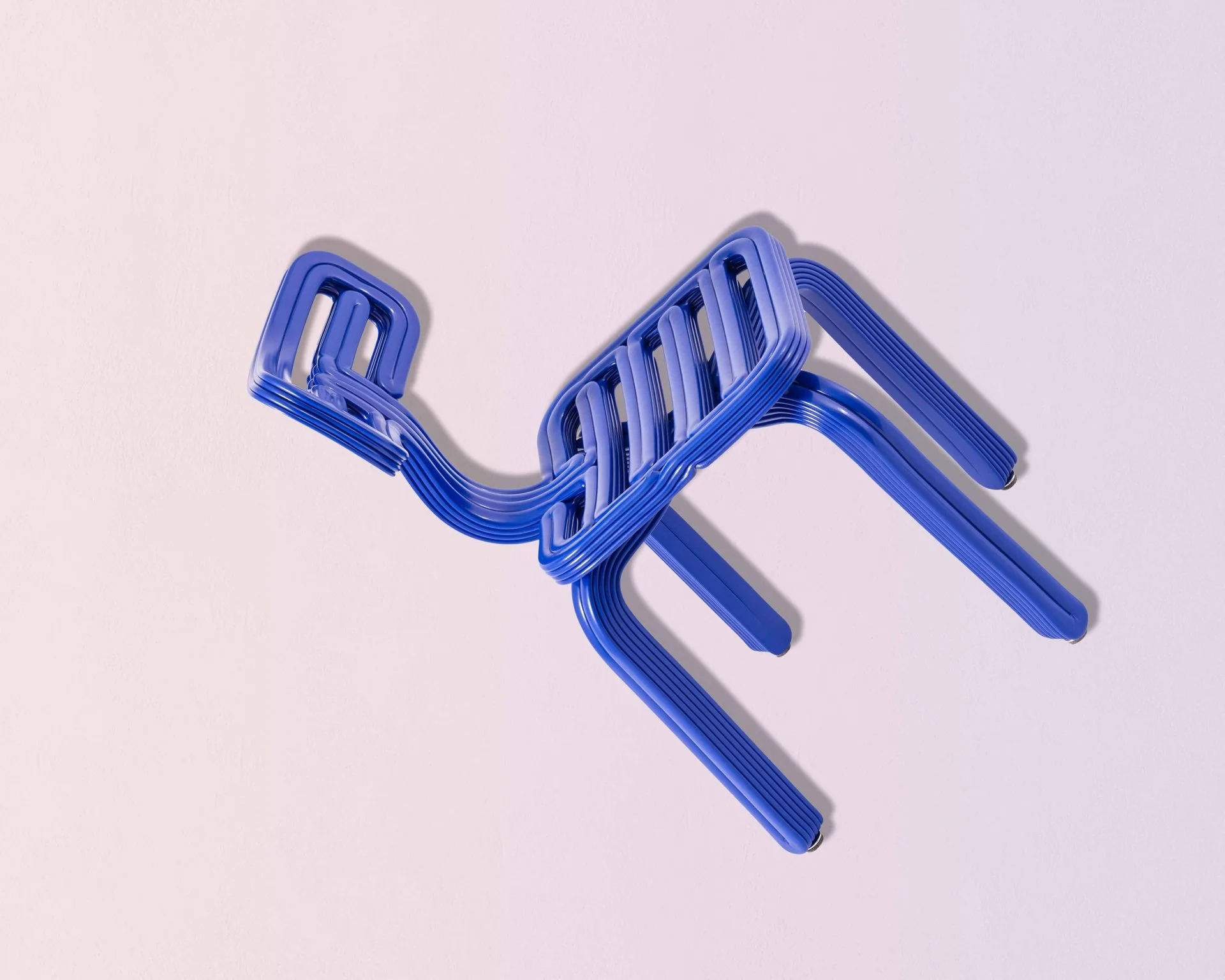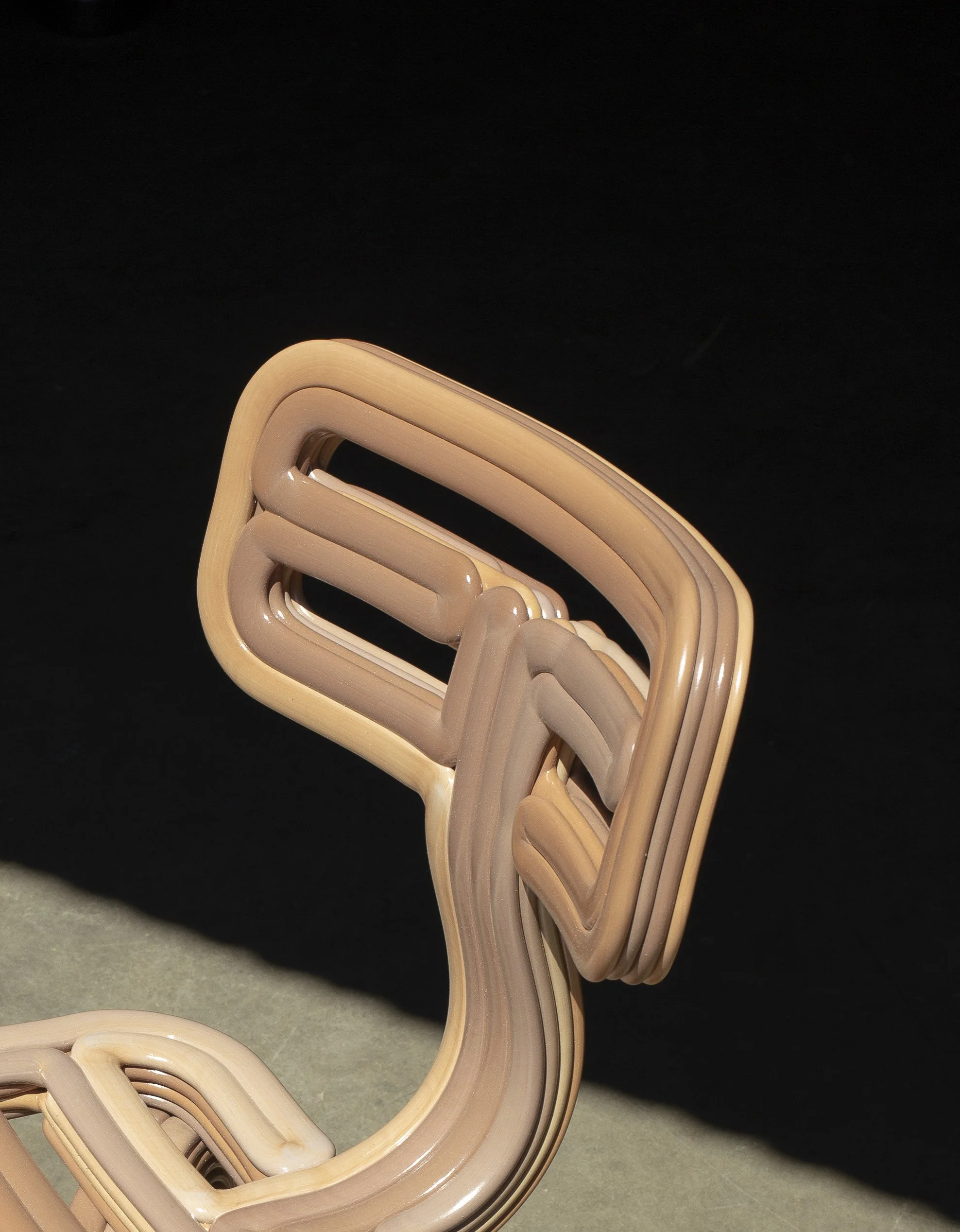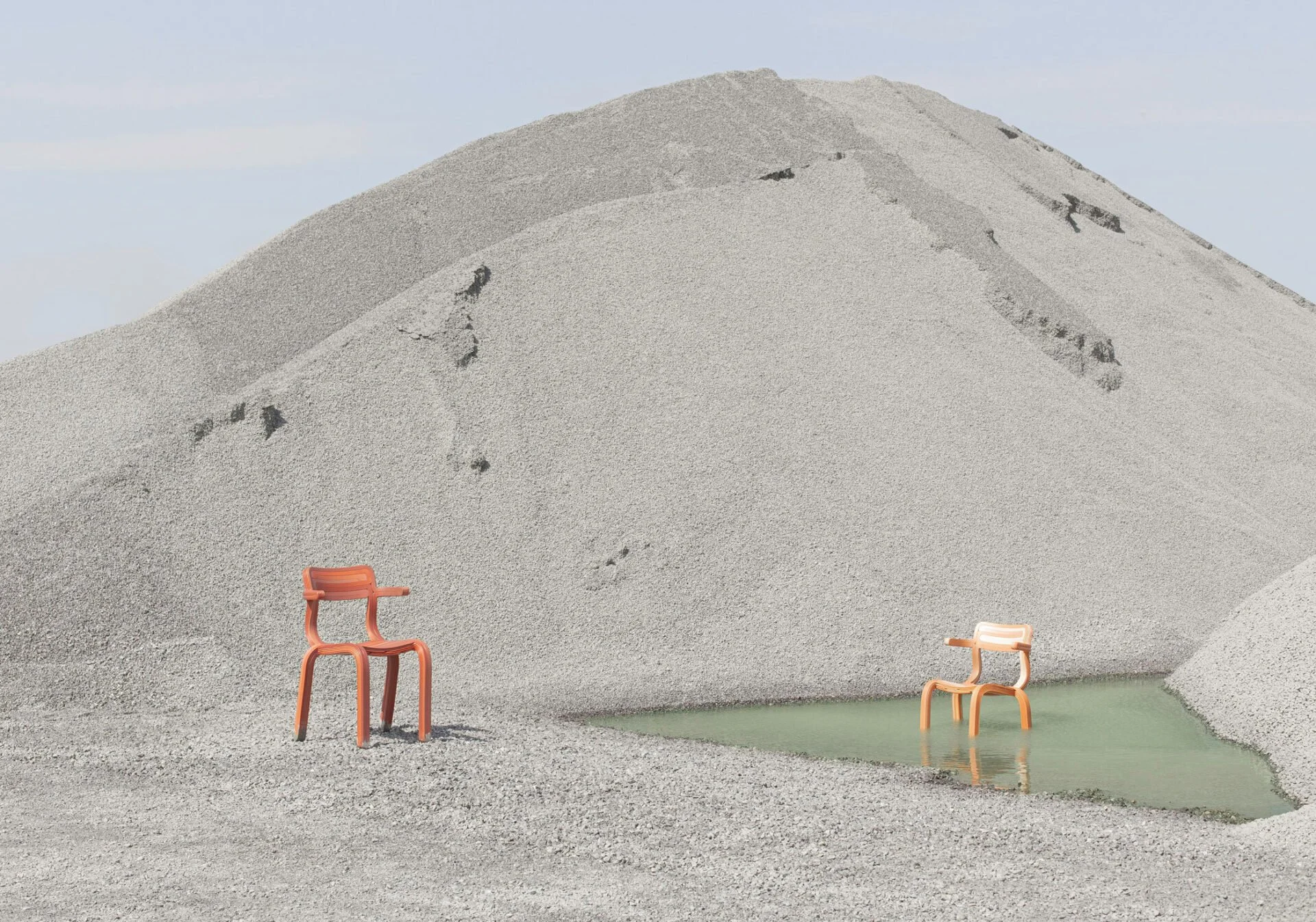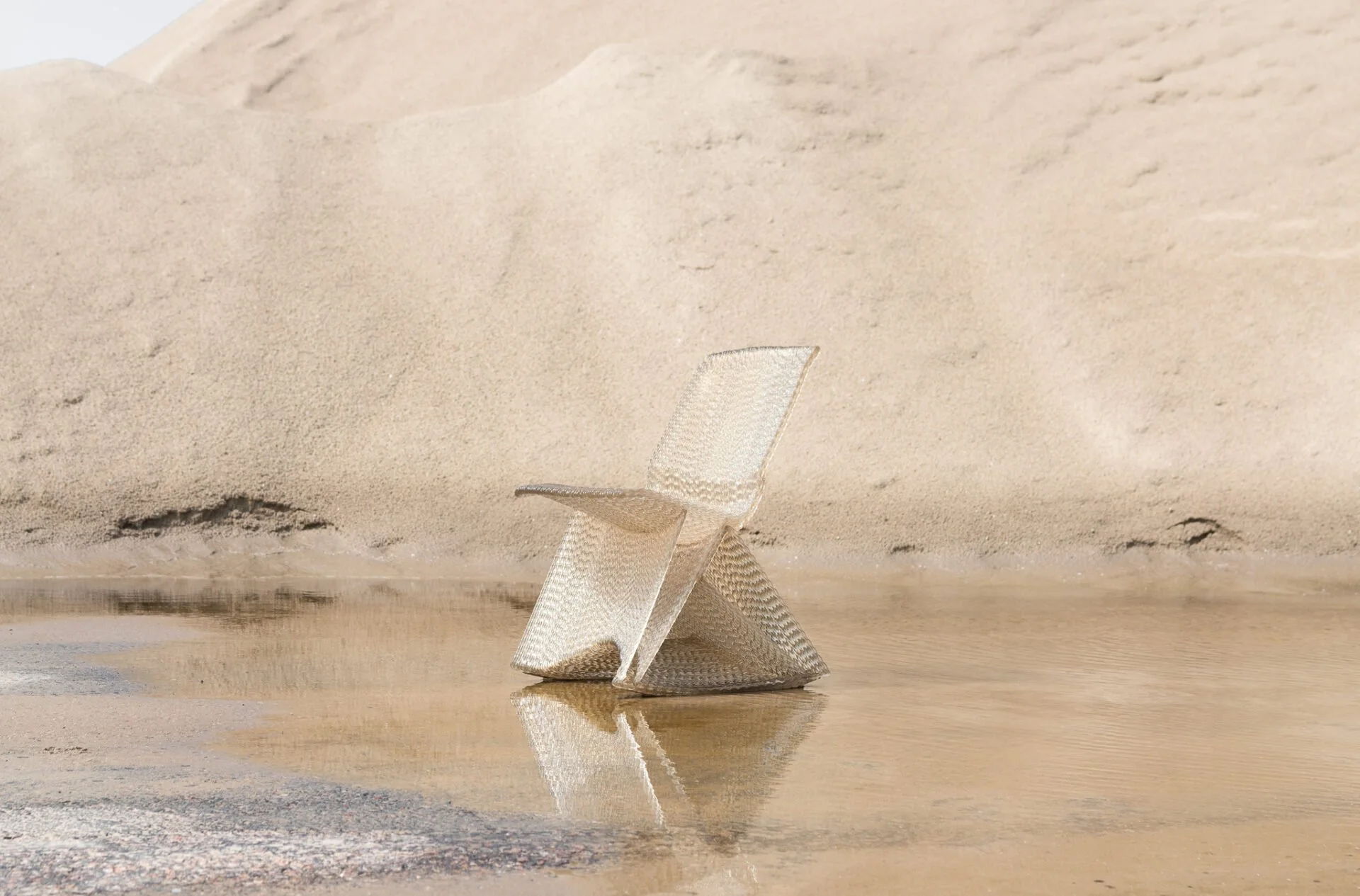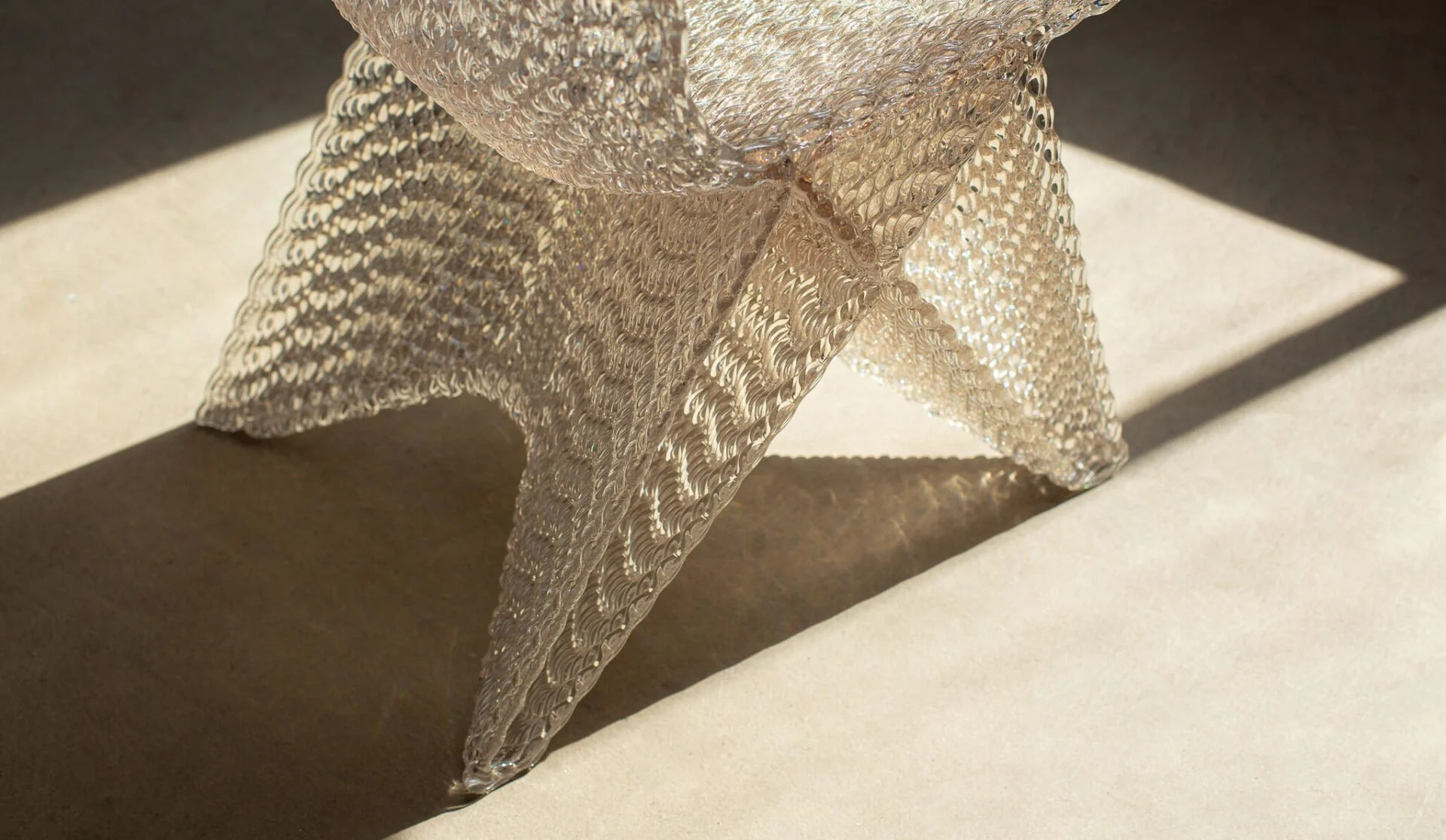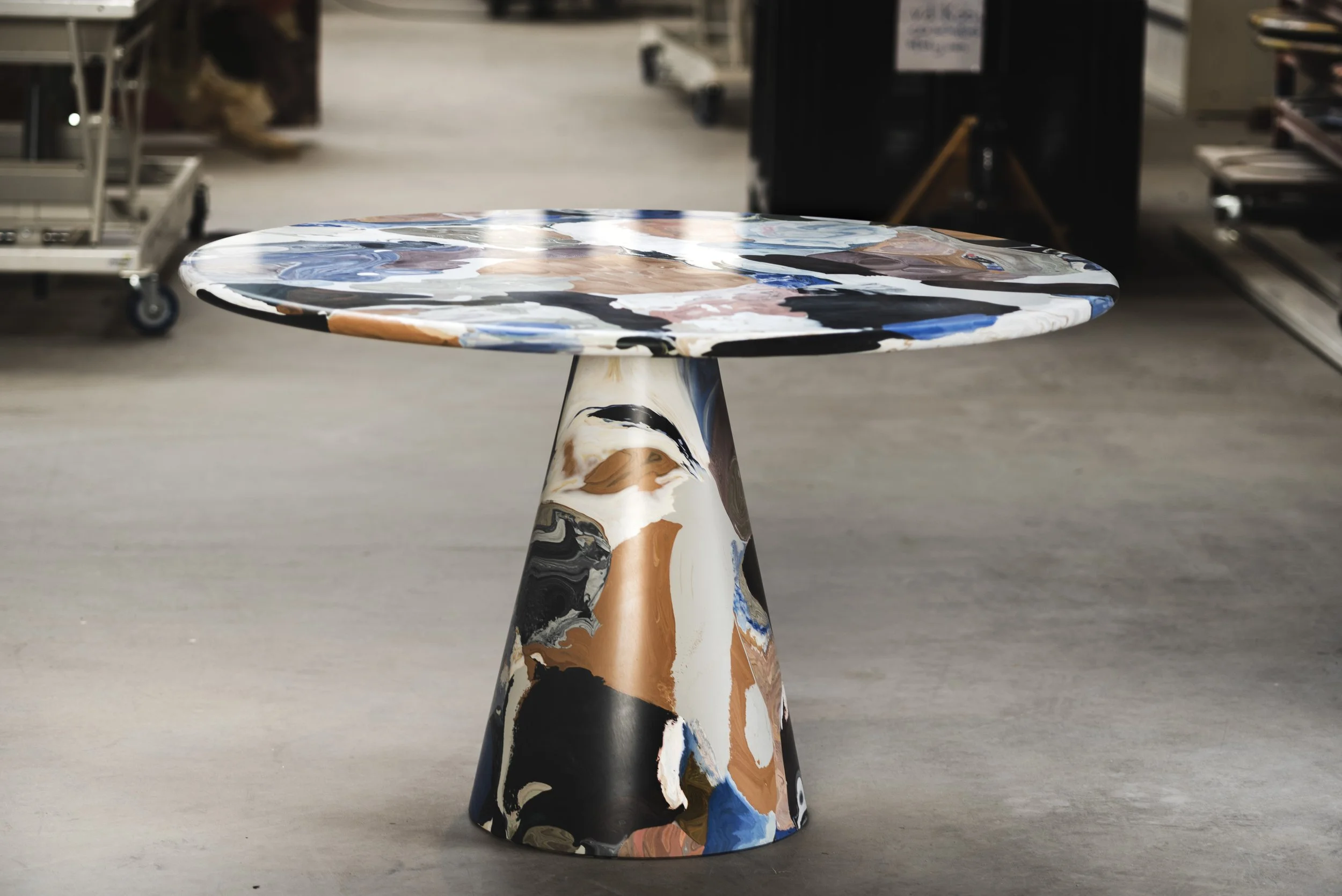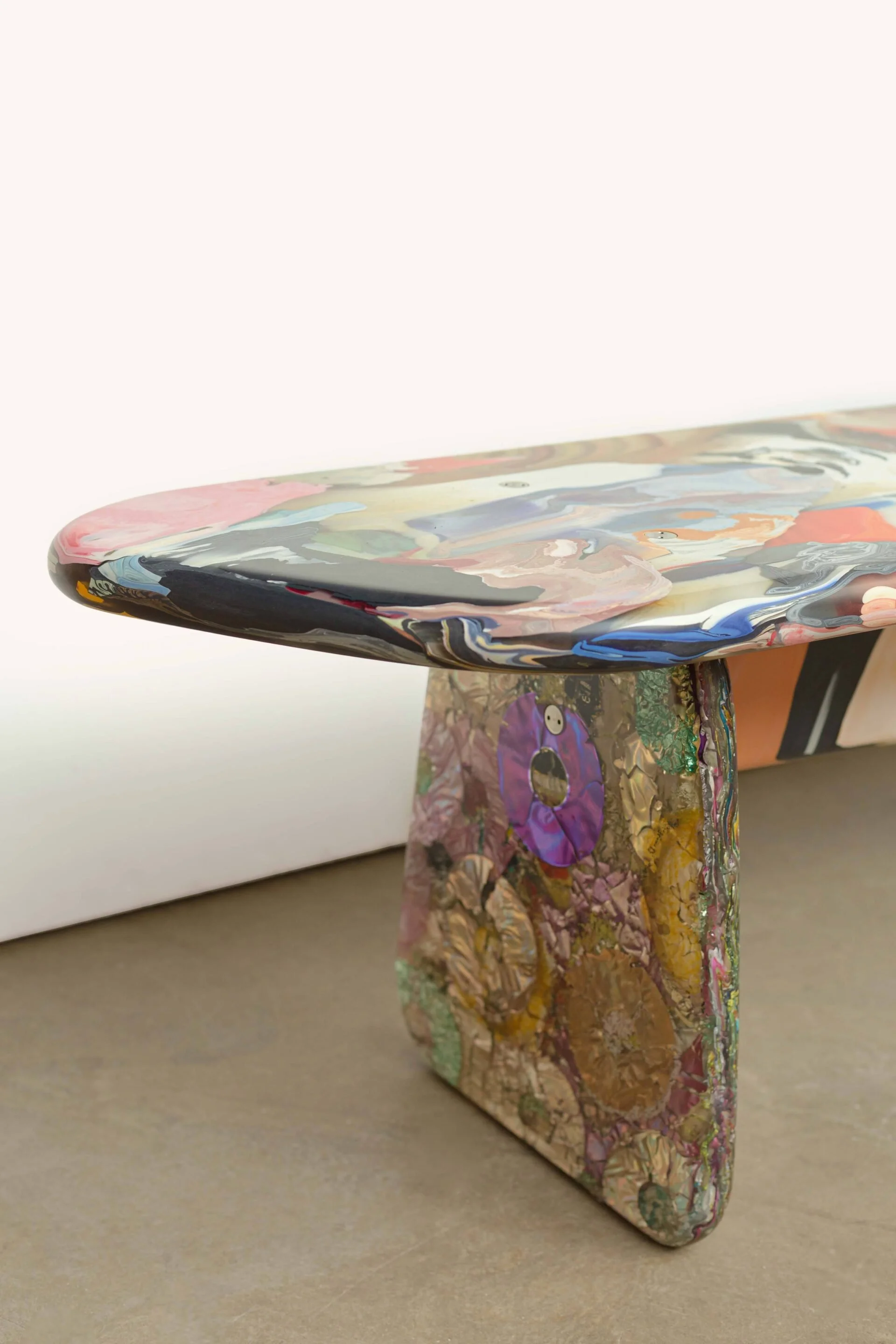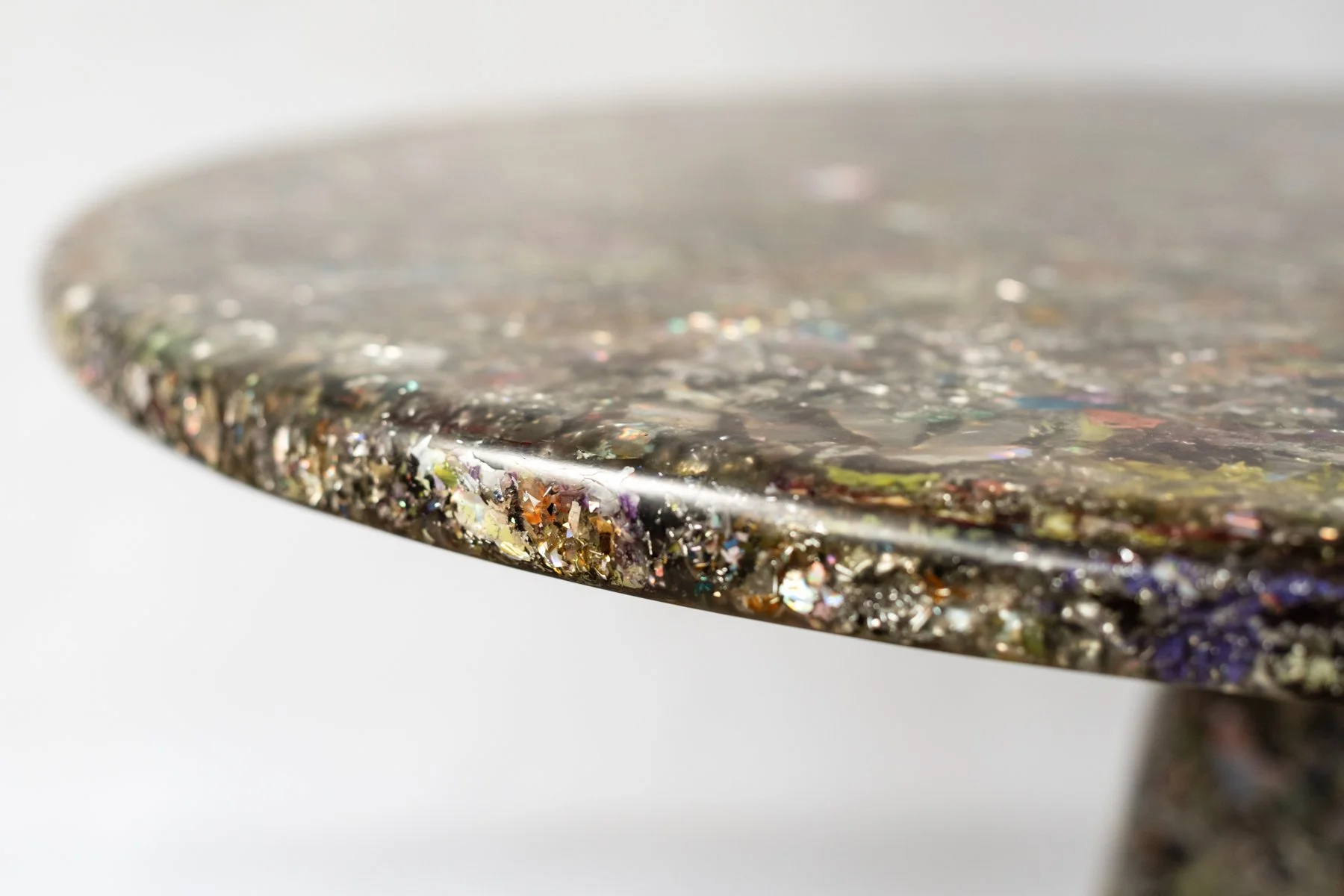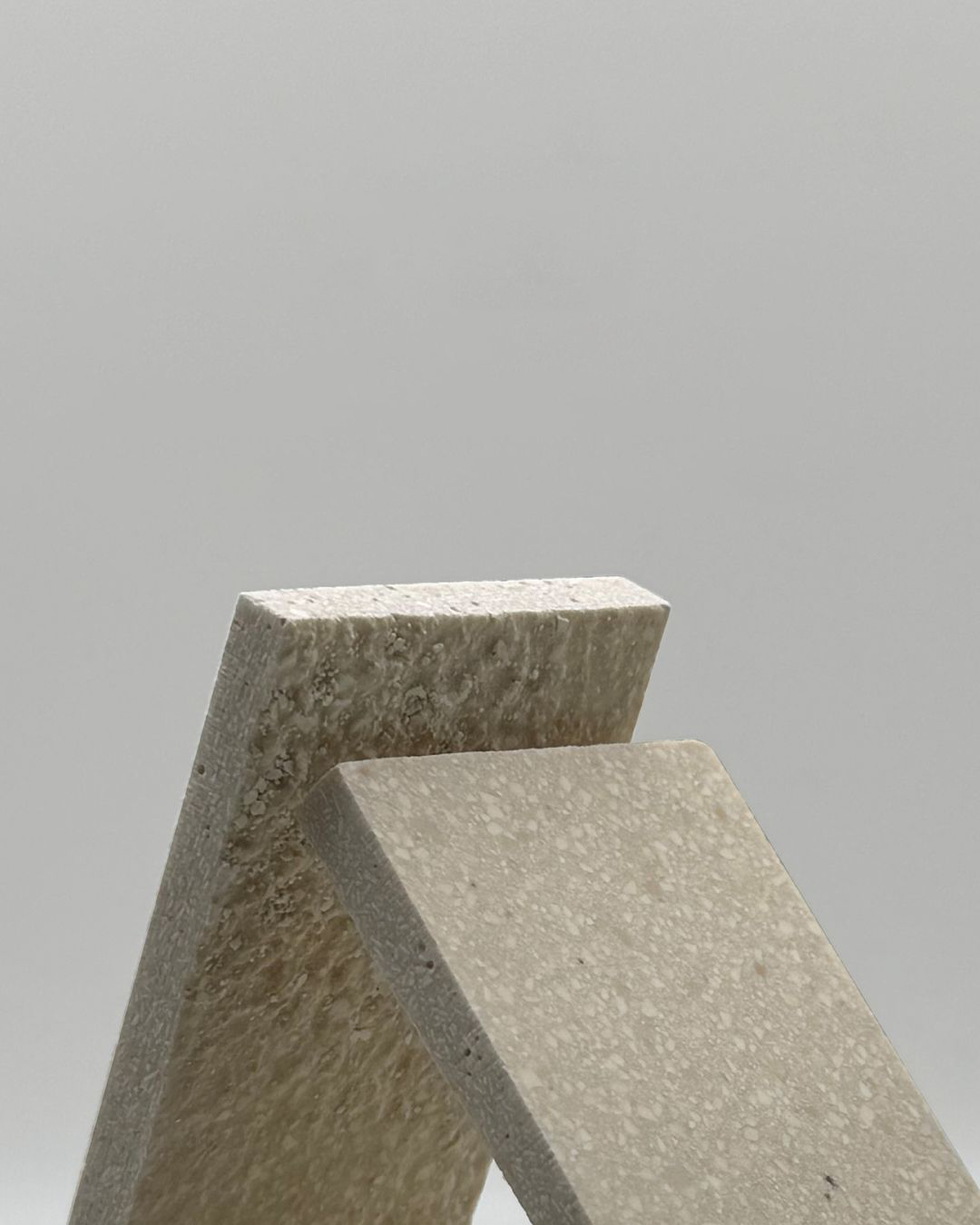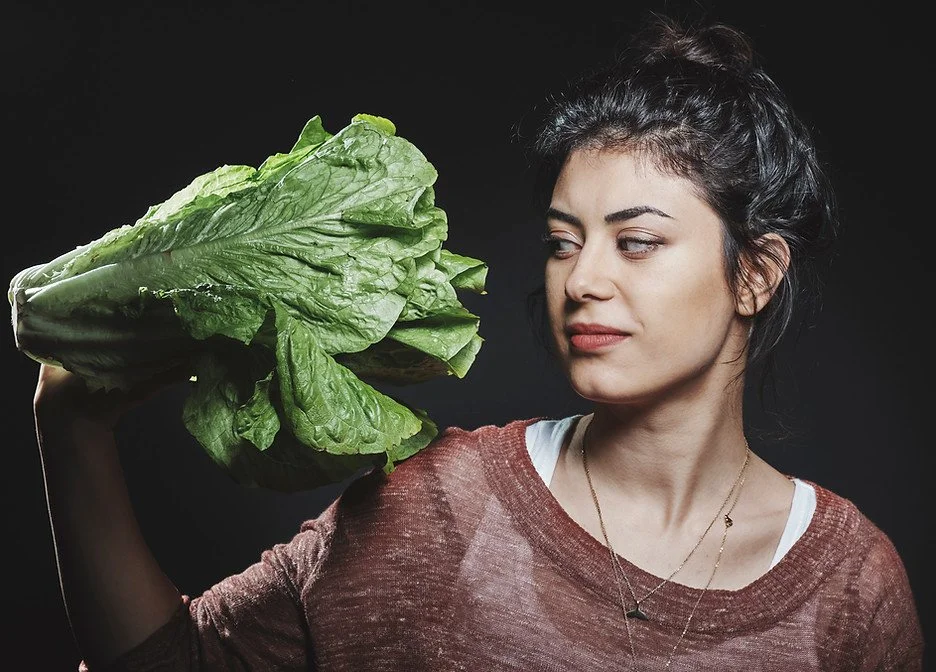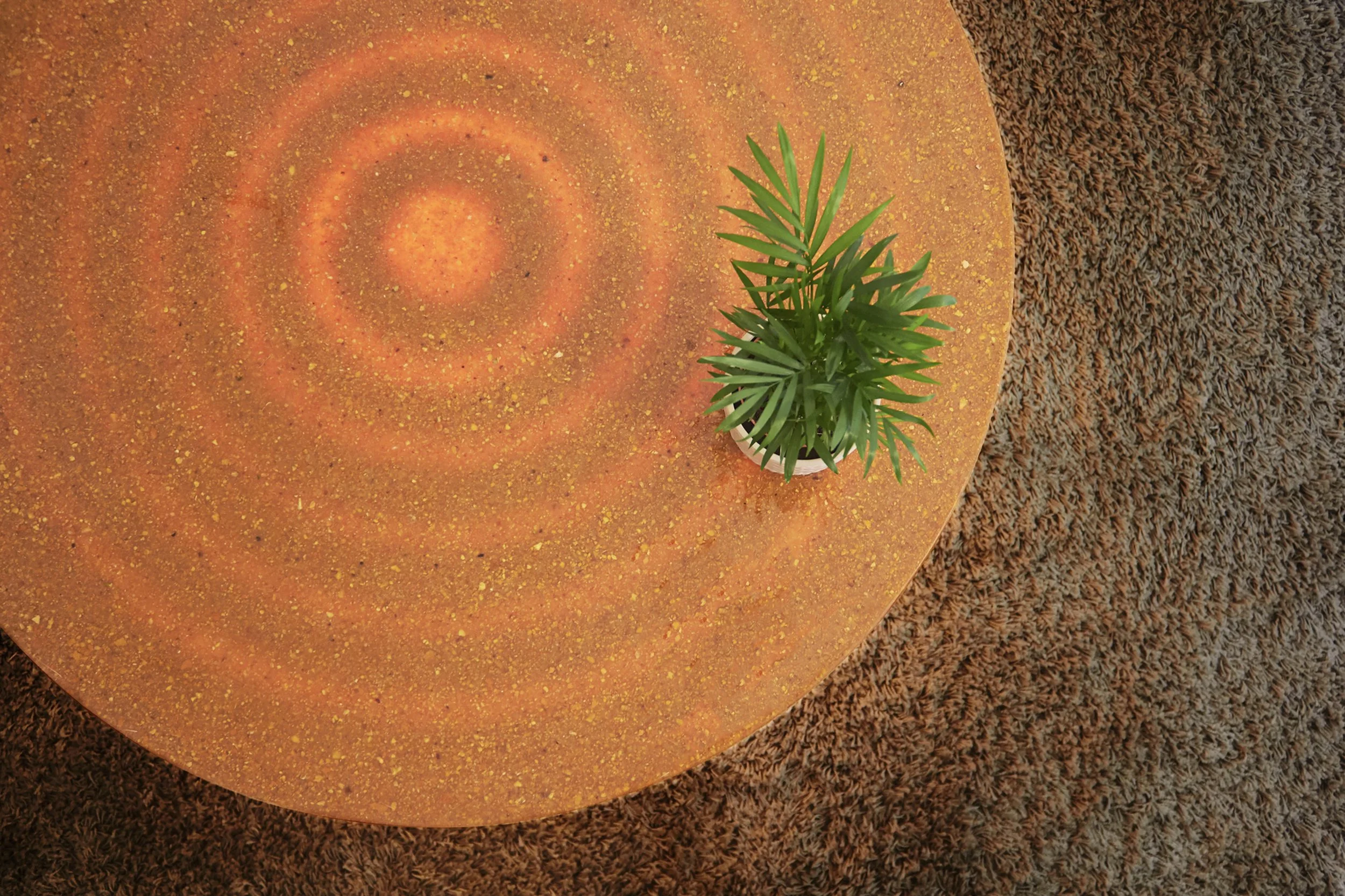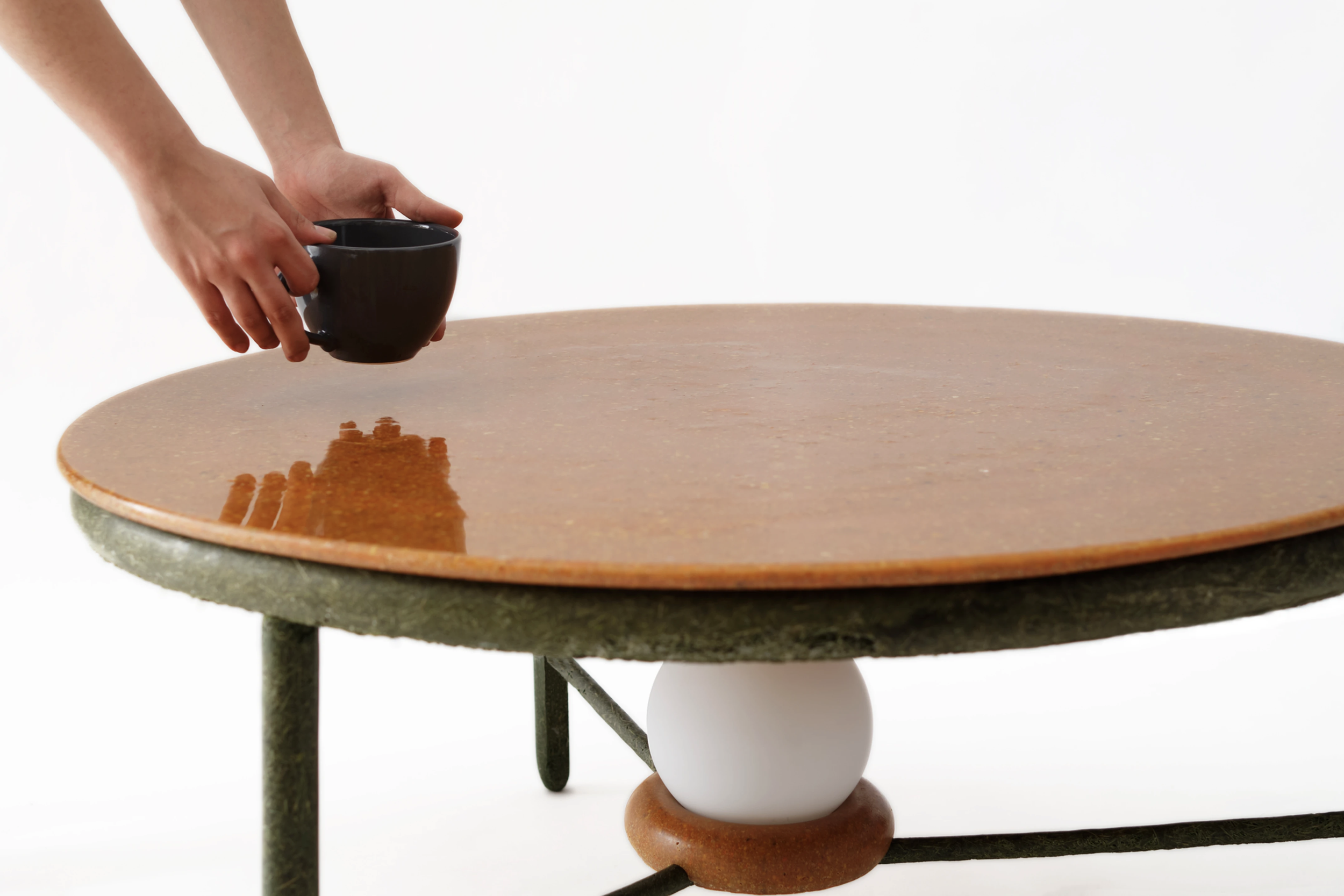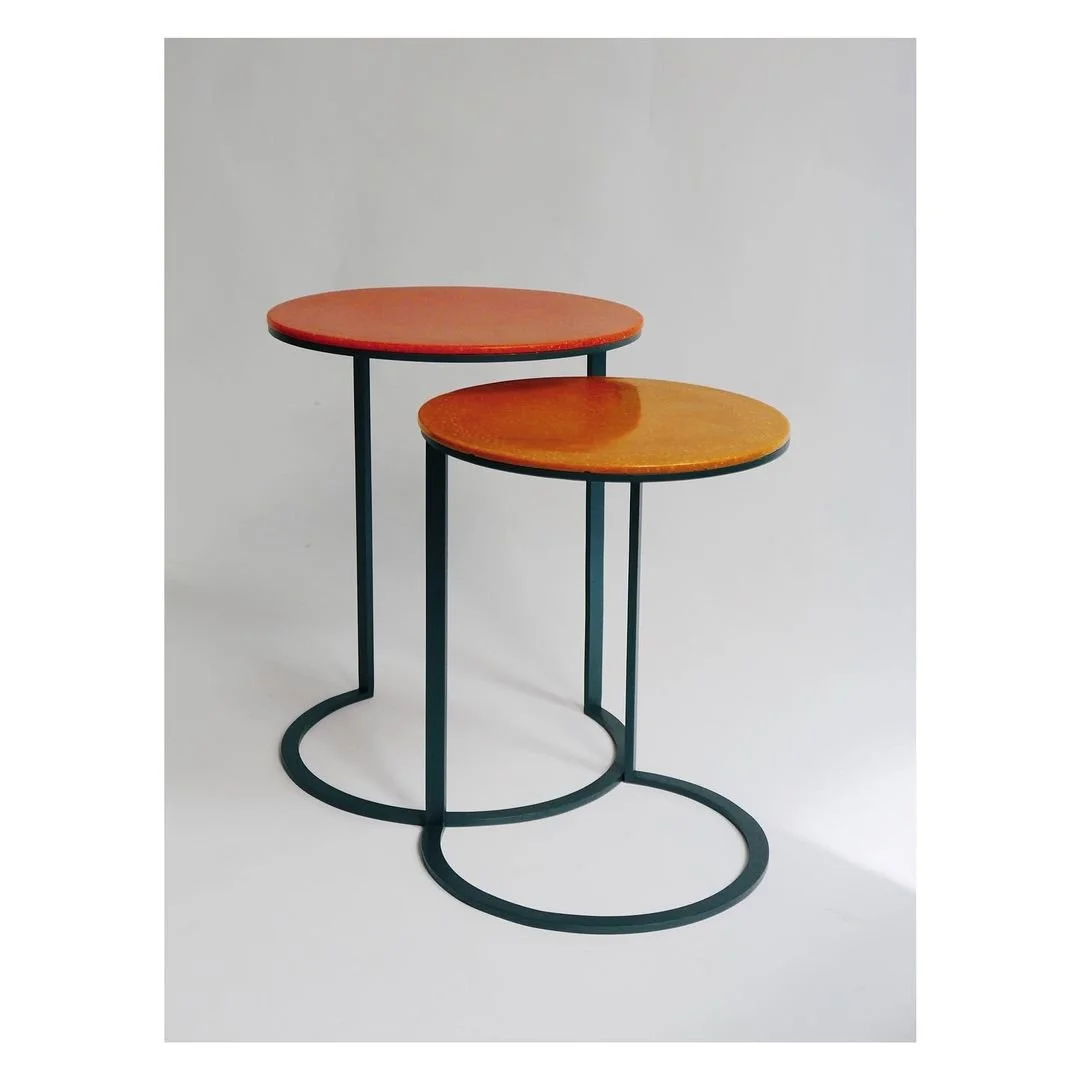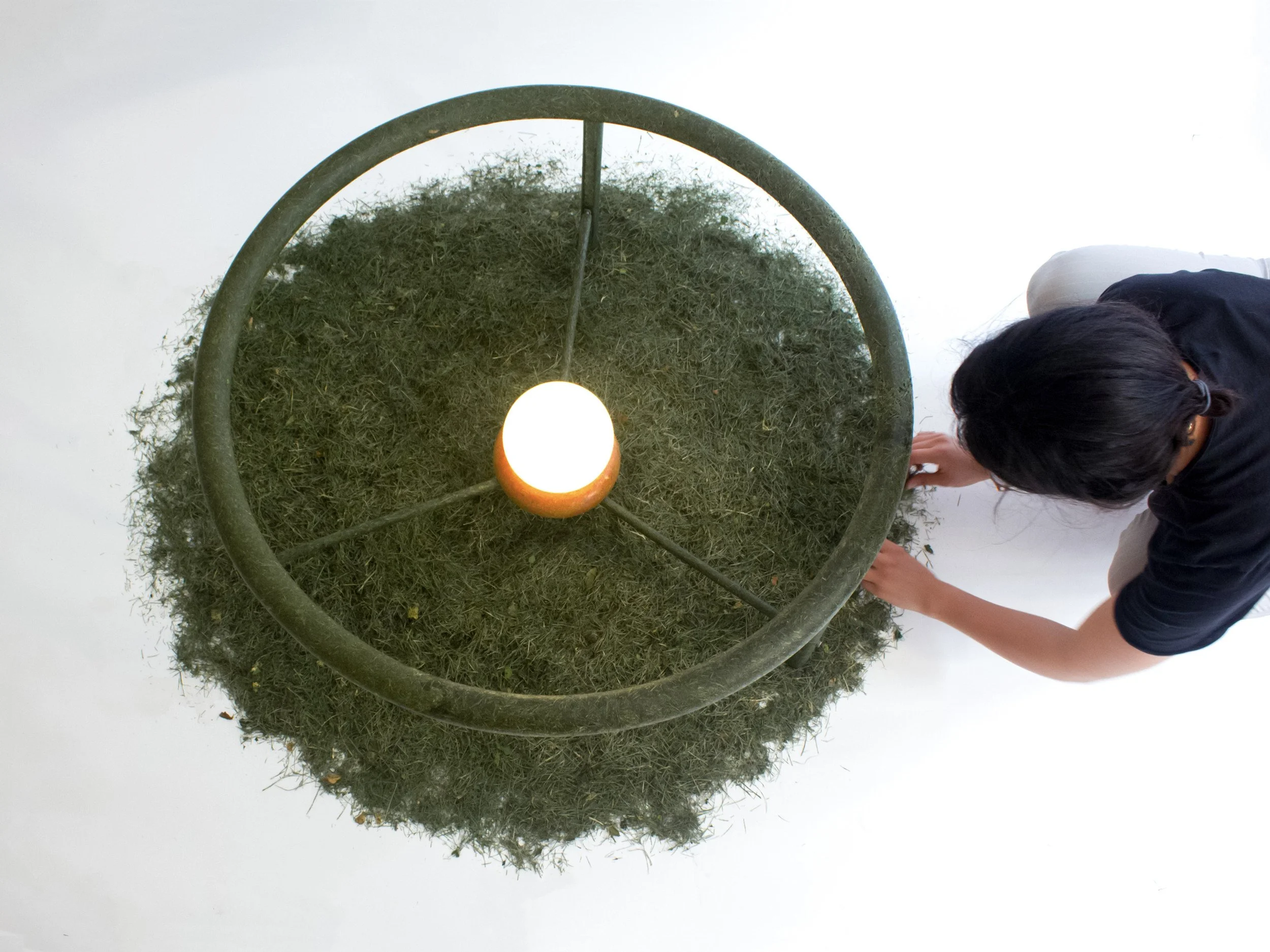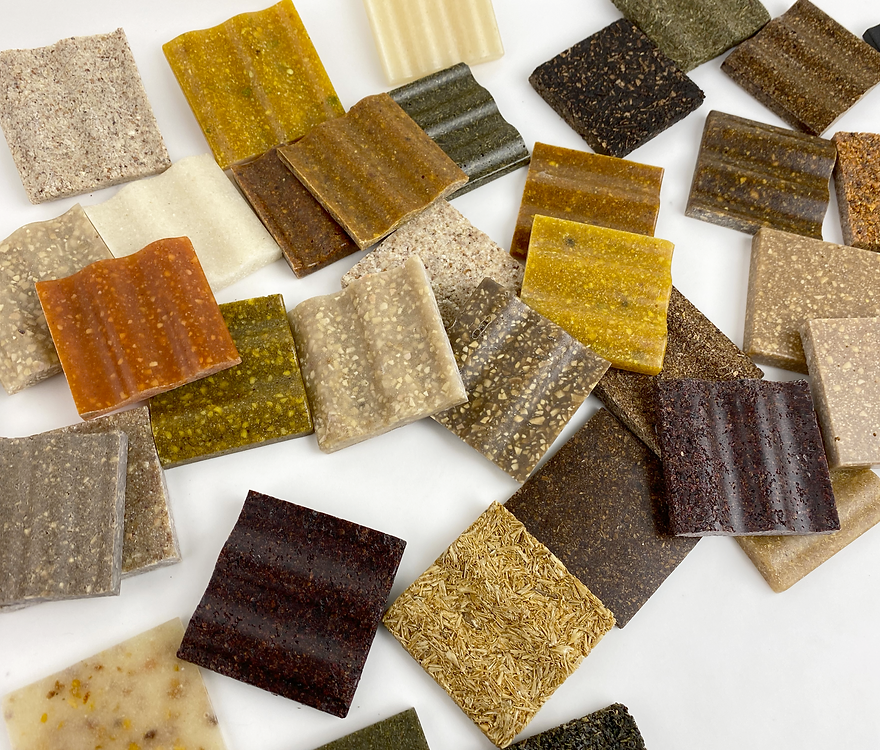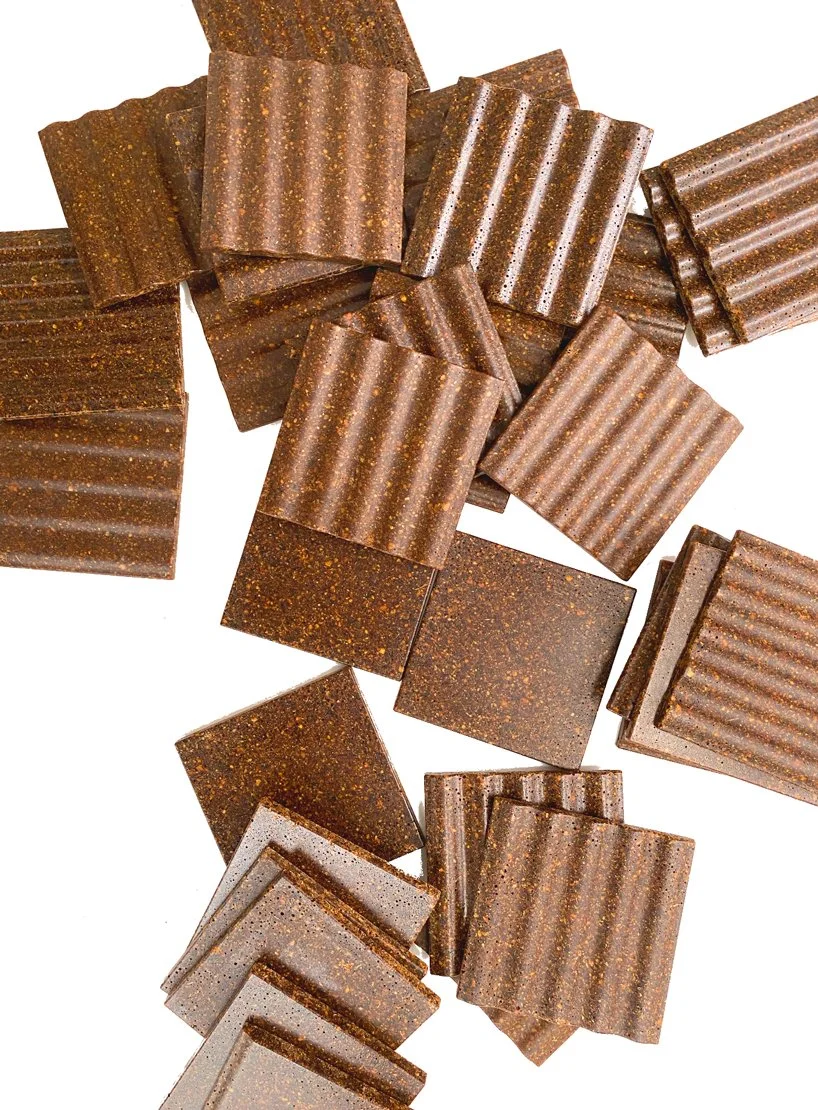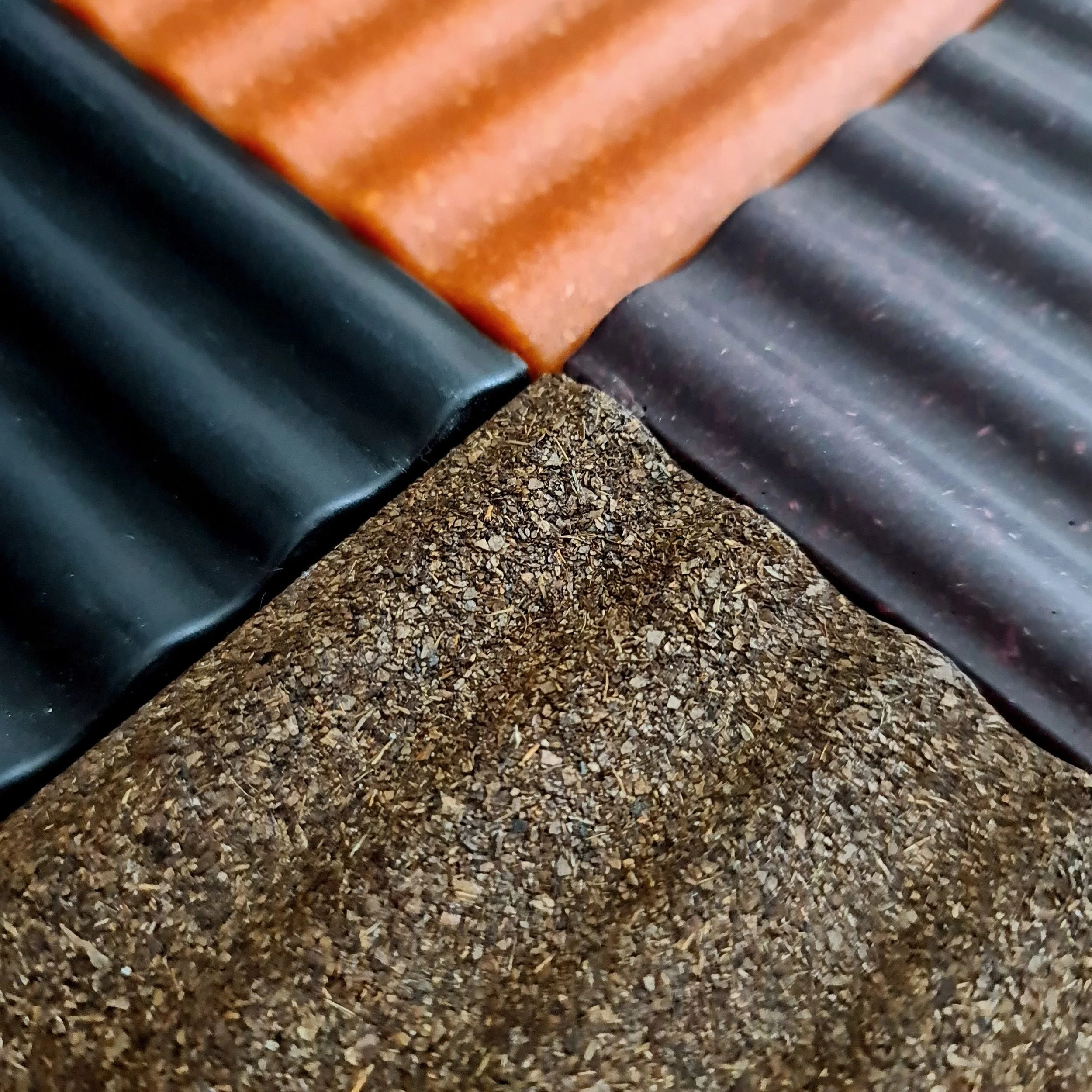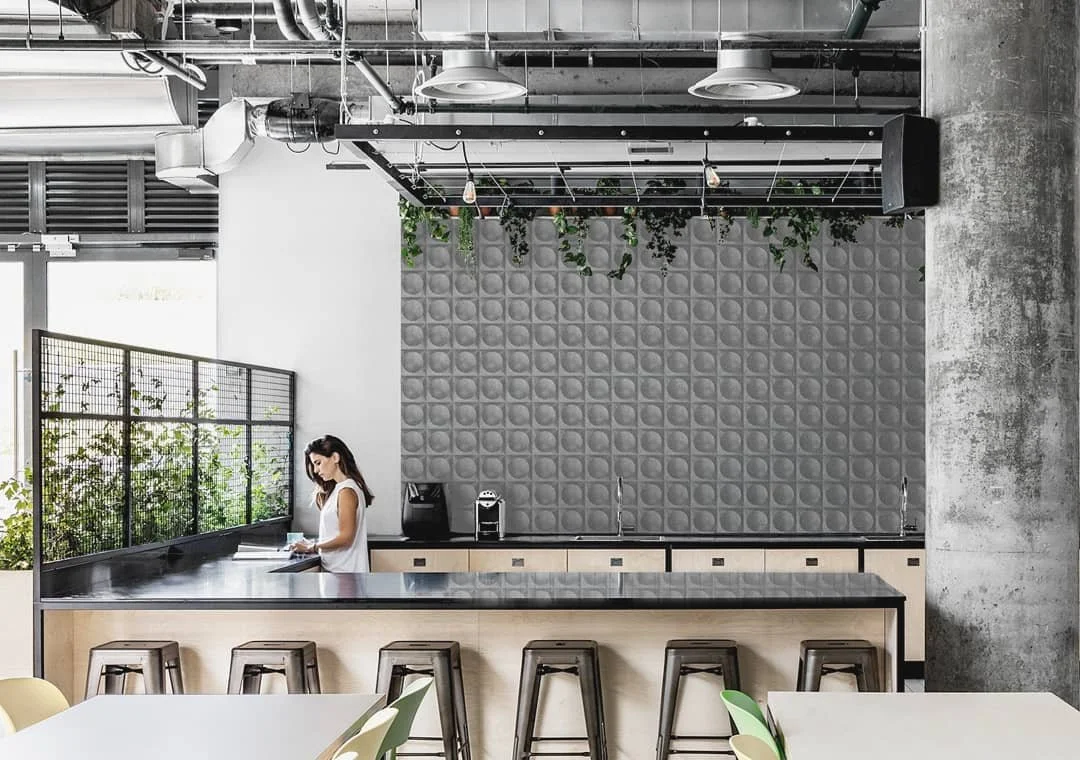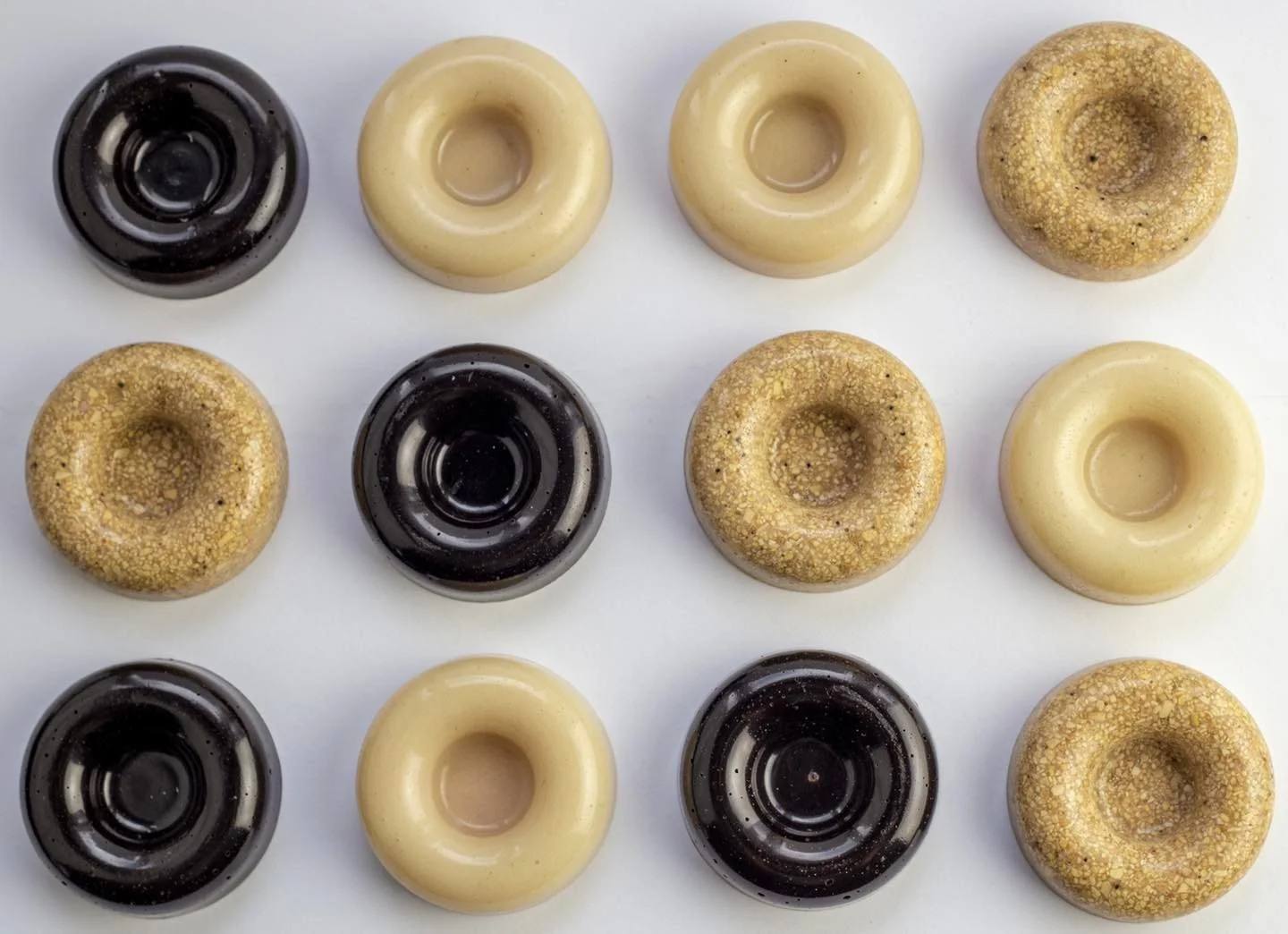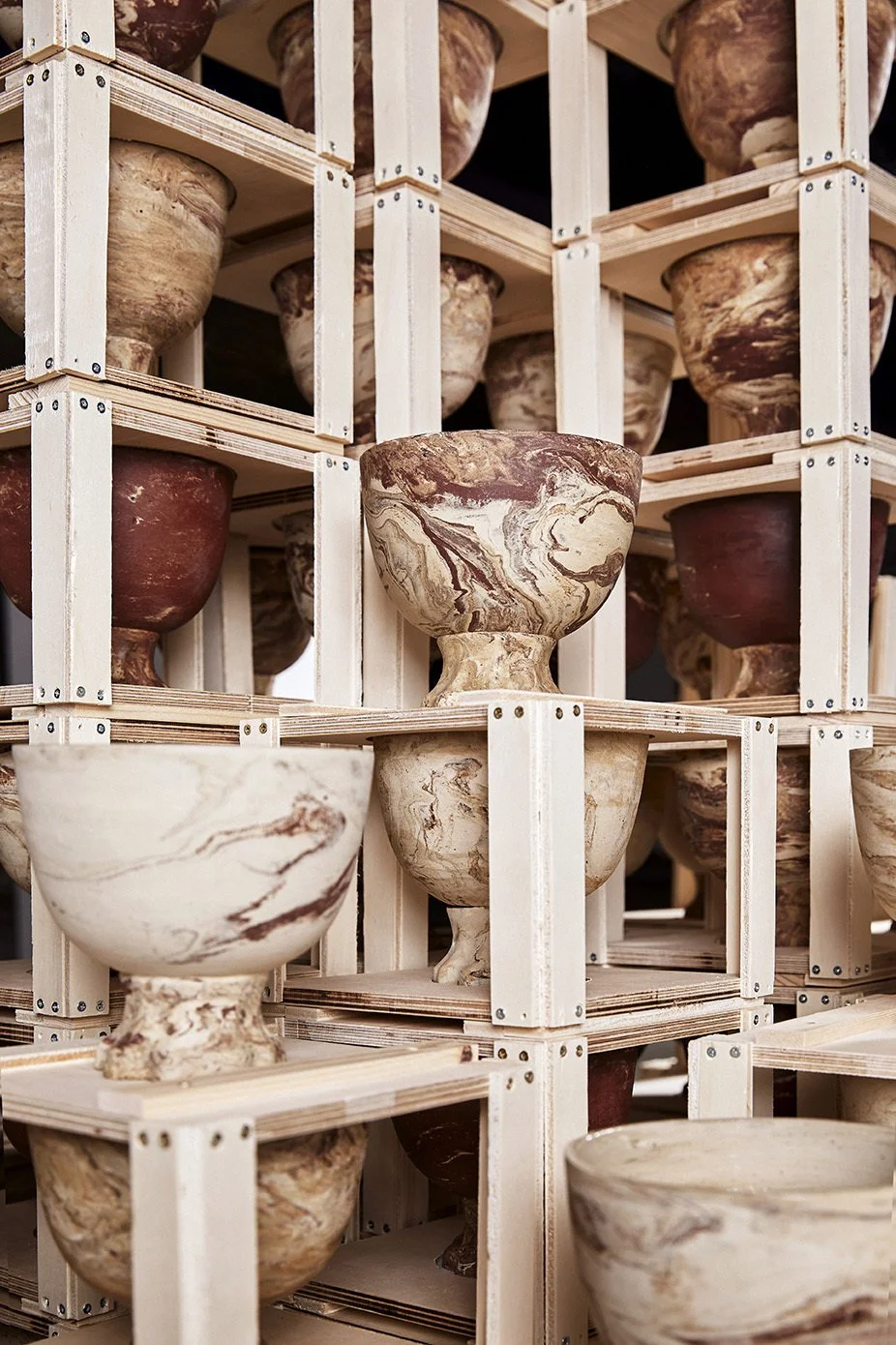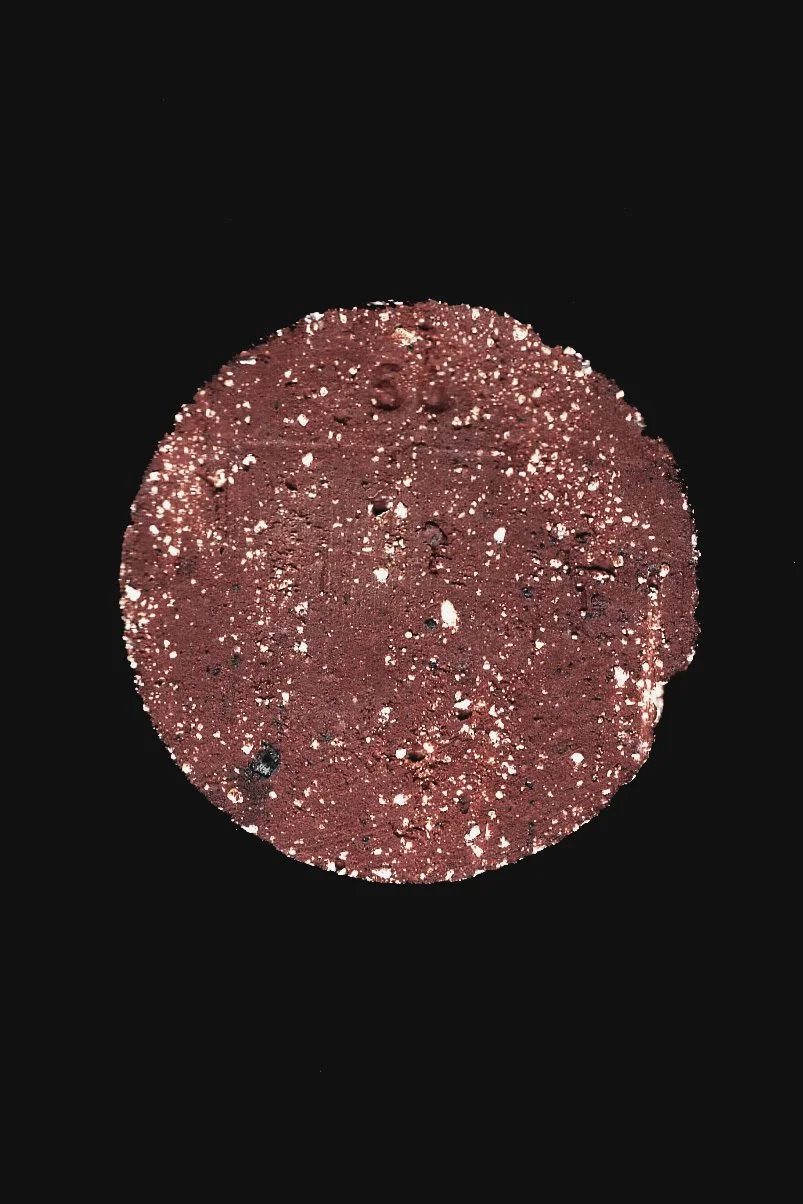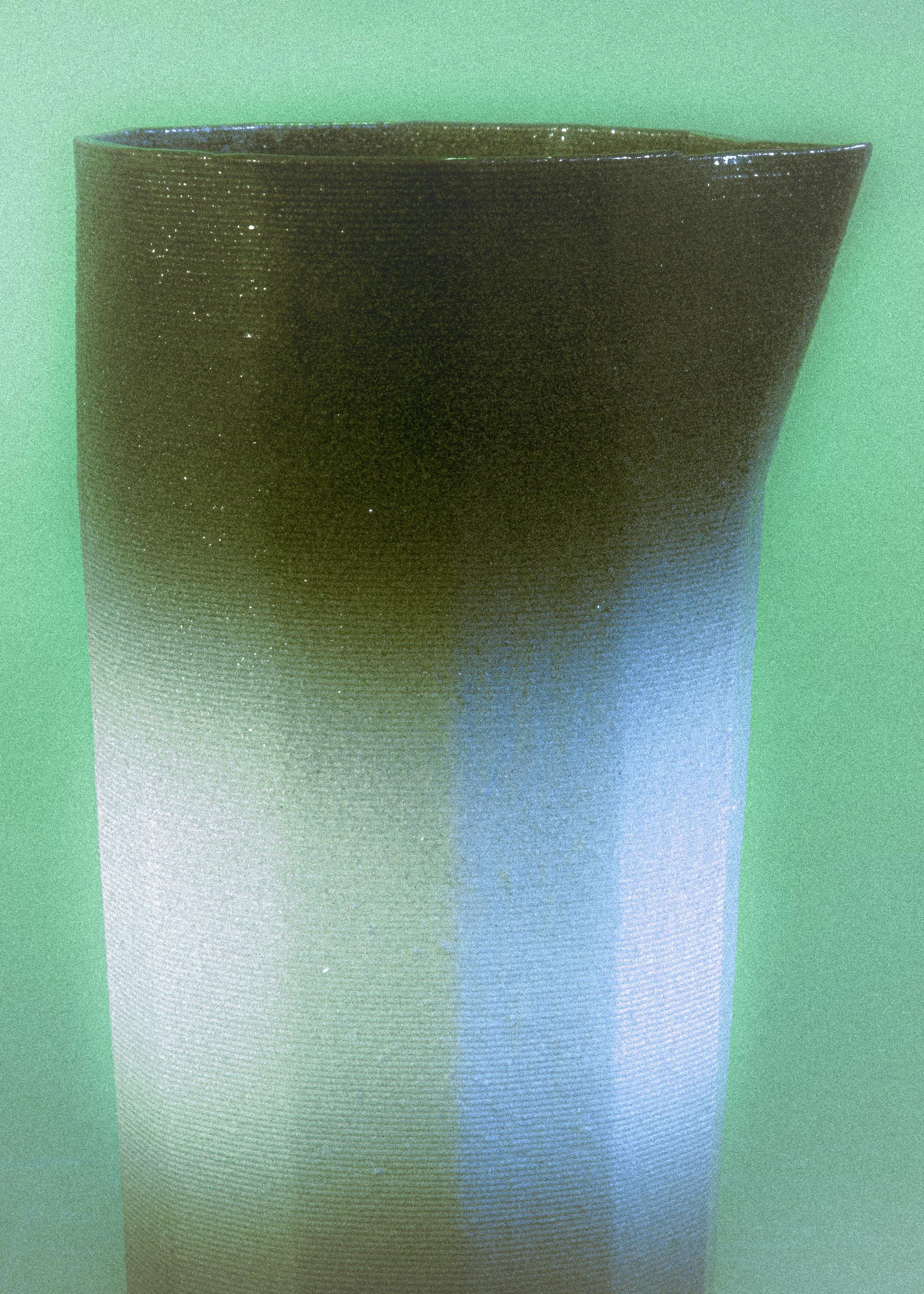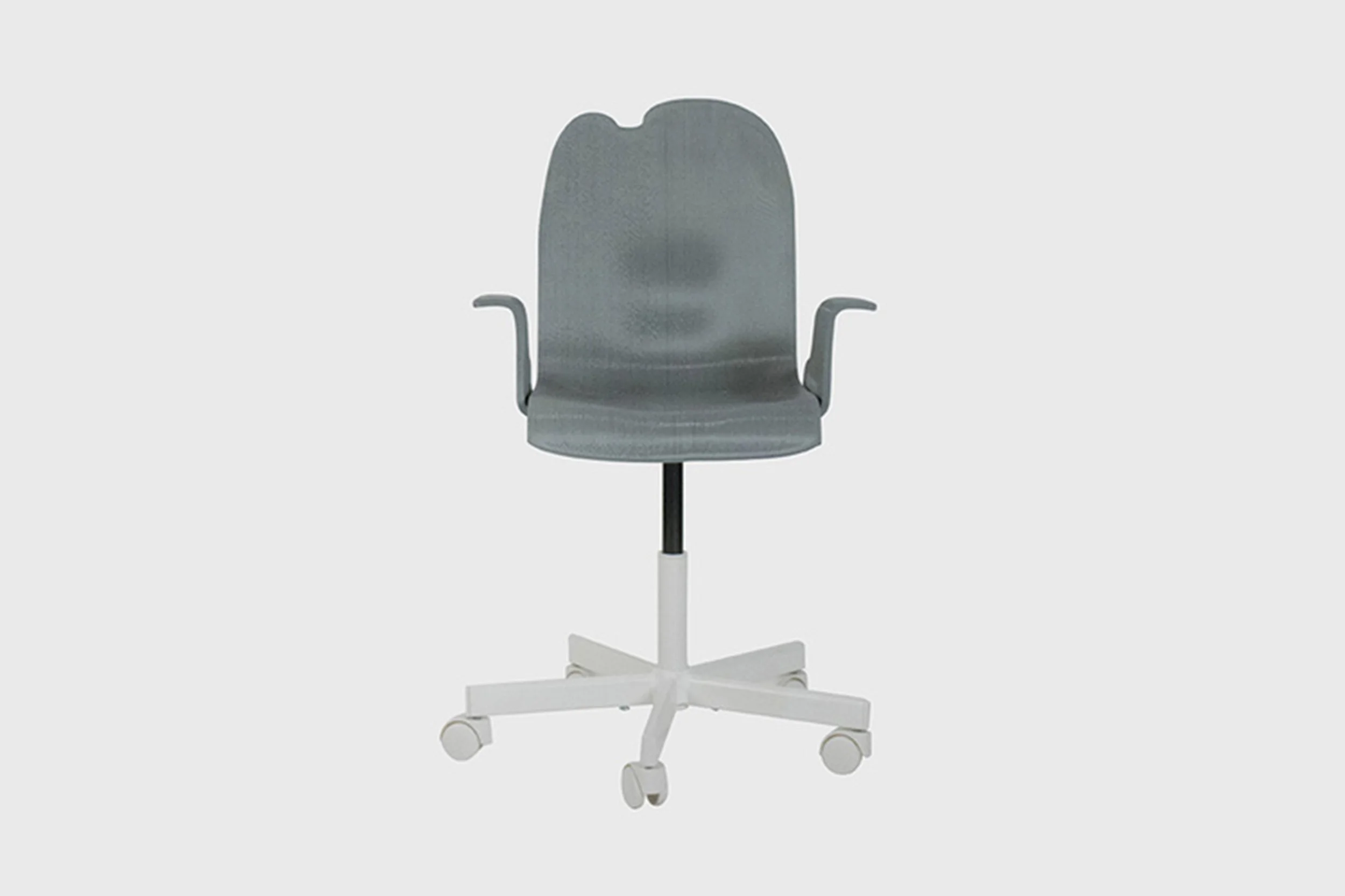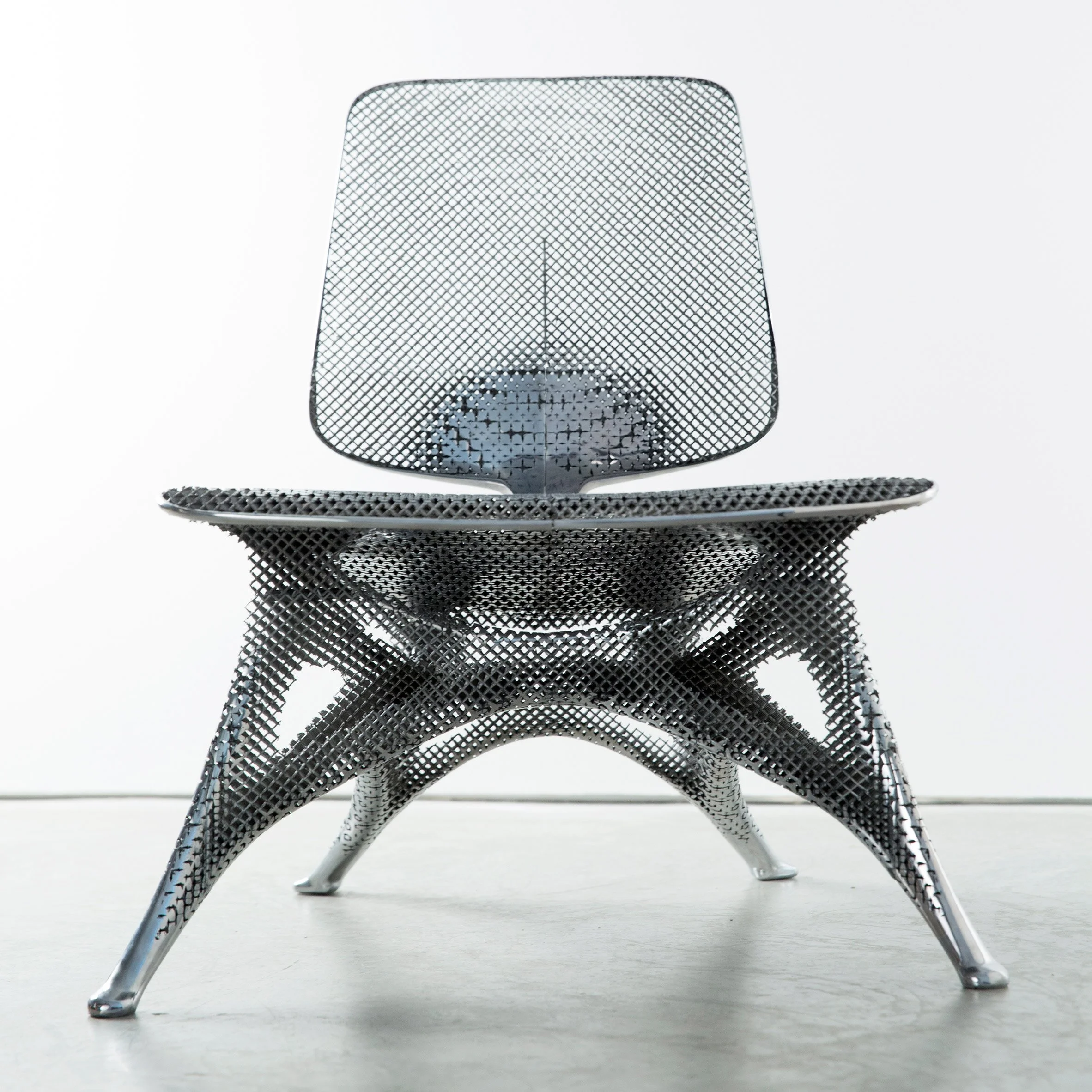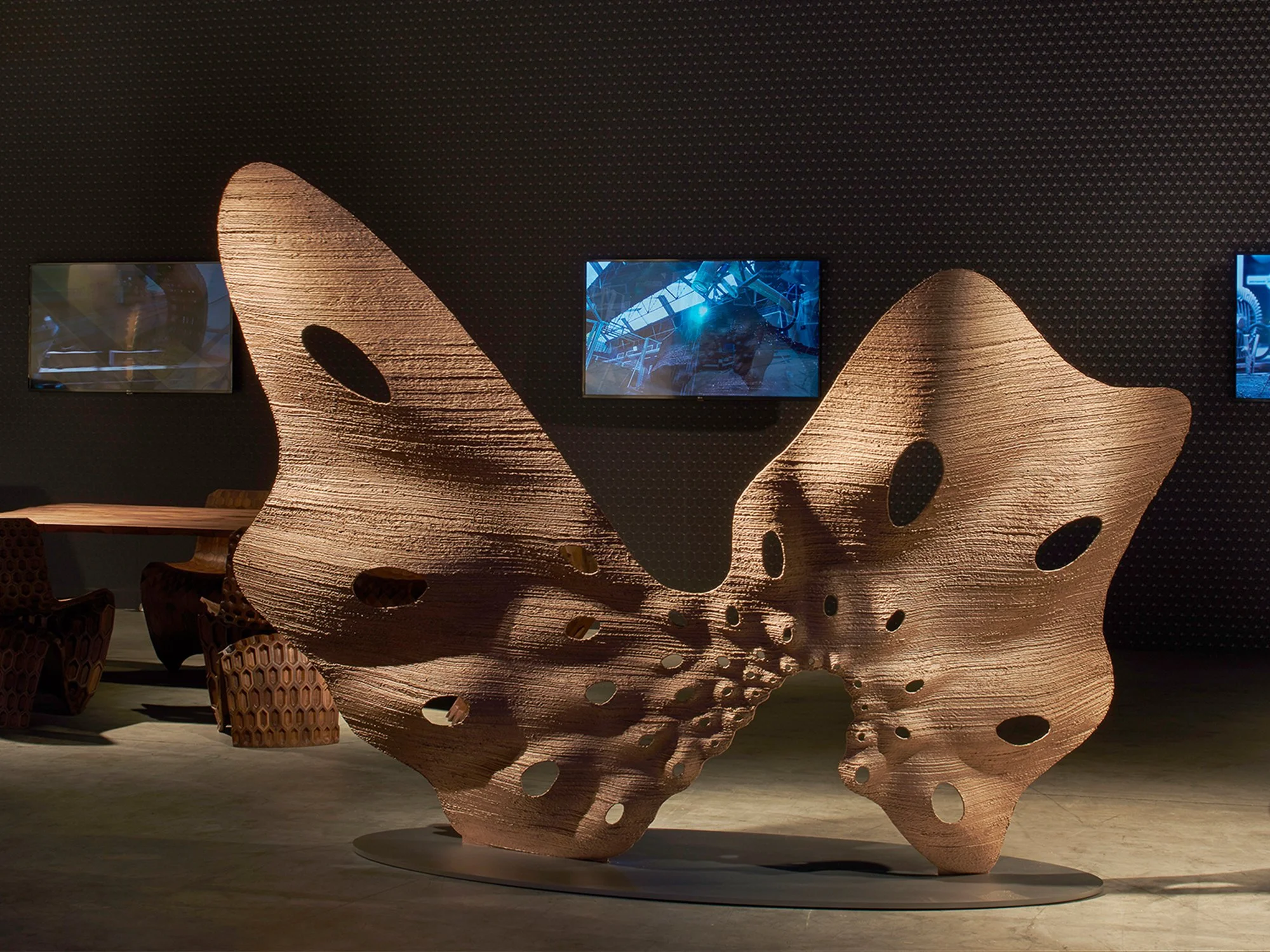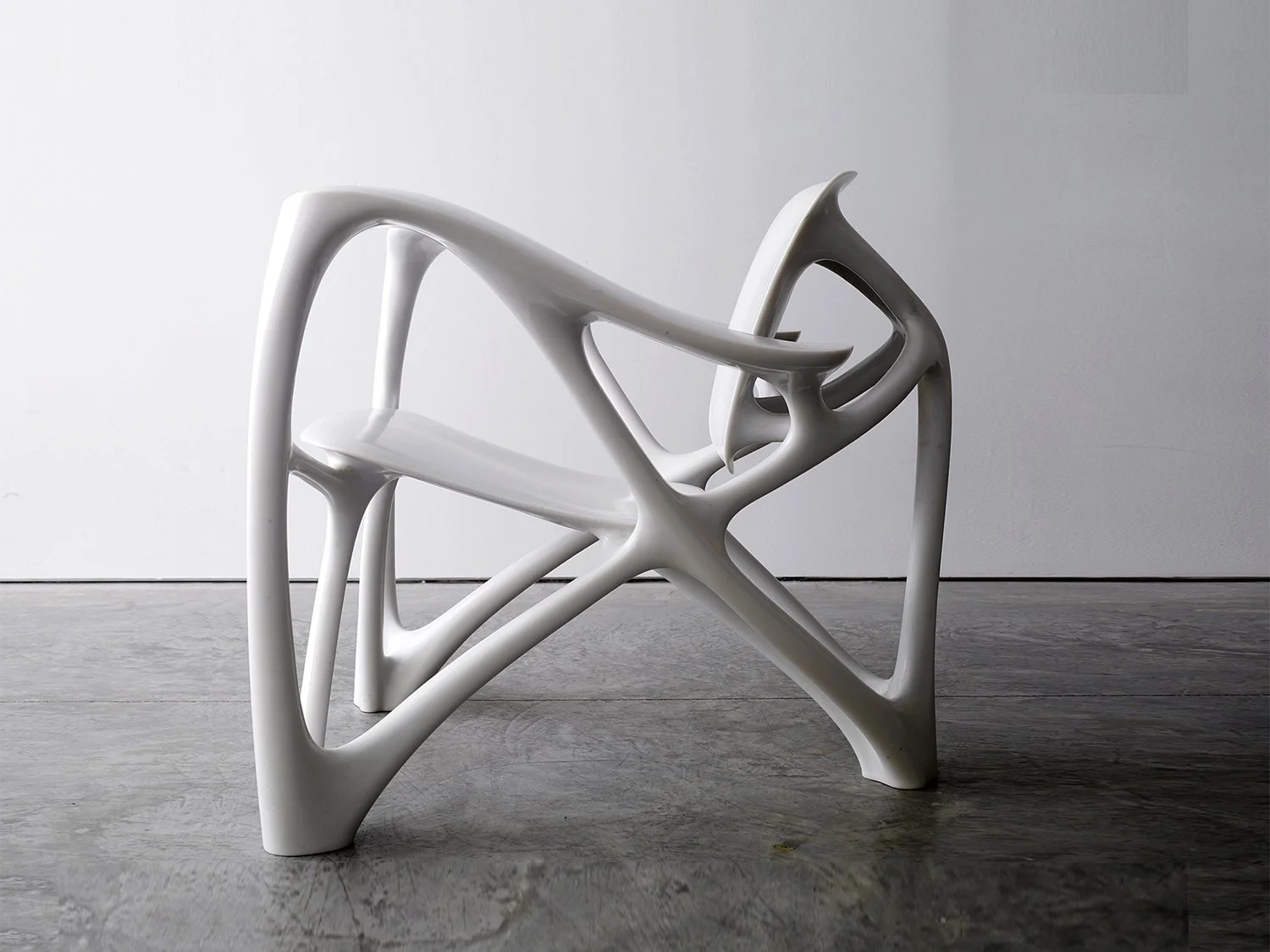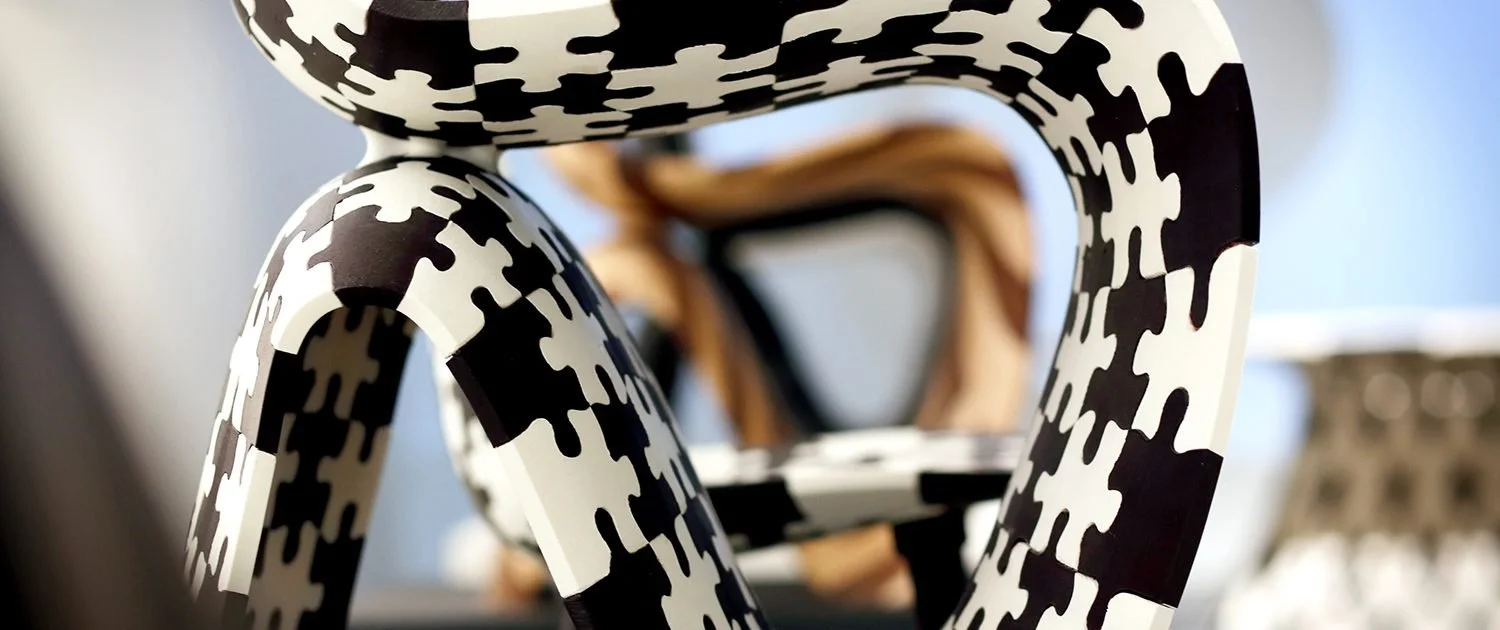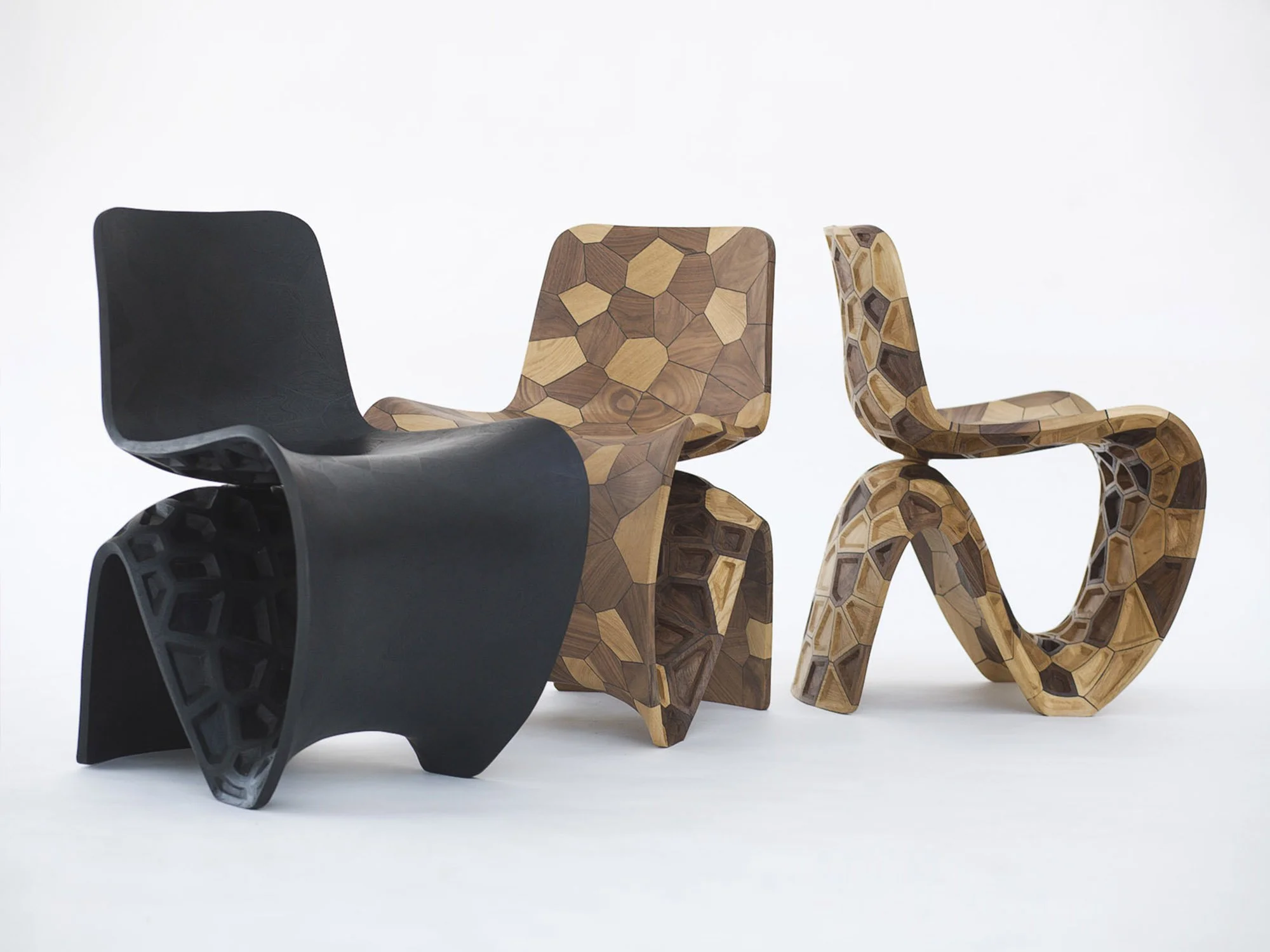 Image 1 of 16
Image 1 of 16

 Image 2 of 16
Image 2 of 16

 Image 3 of 16
Image 3 of 16

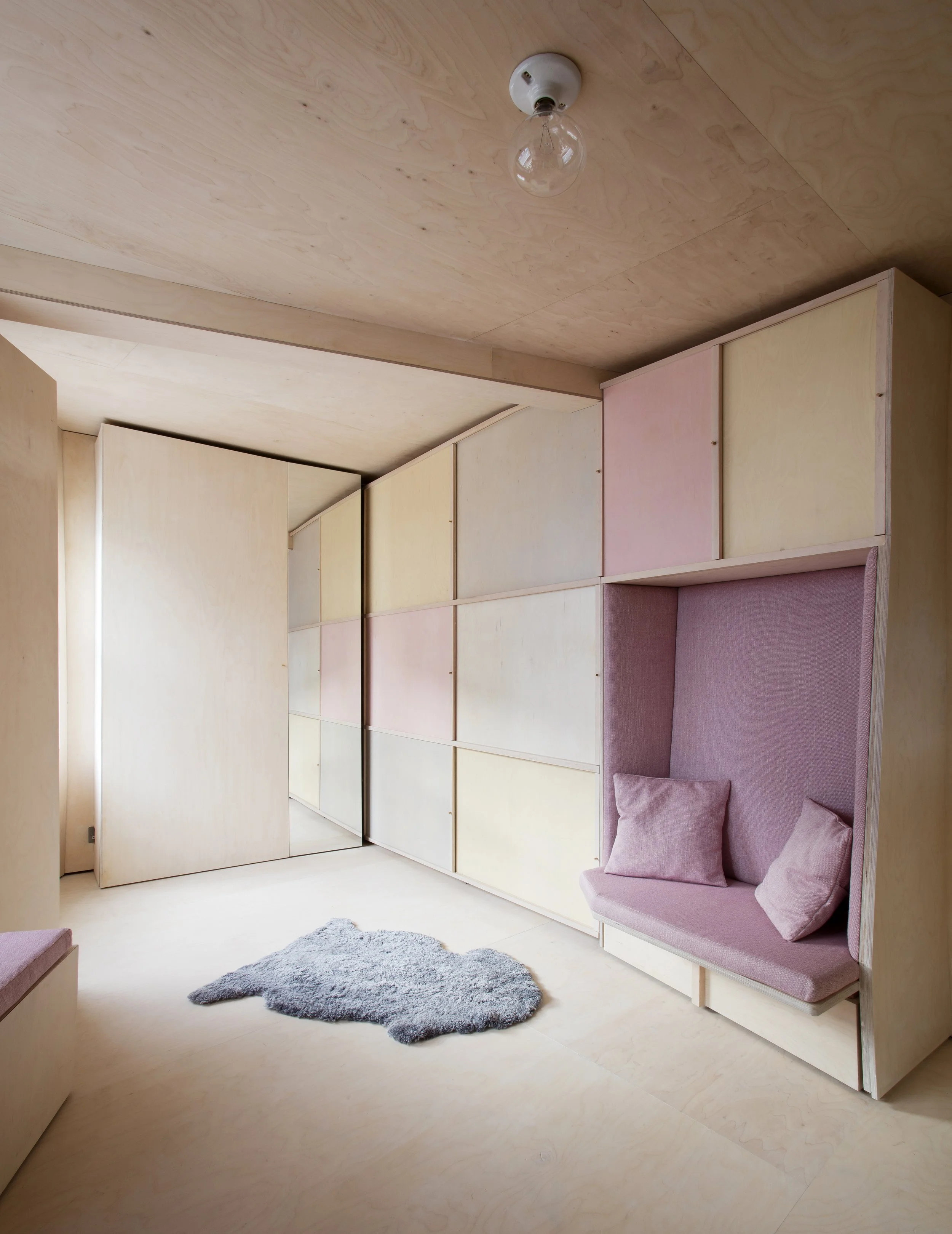 Image 4 of 16
Image 4 of 16

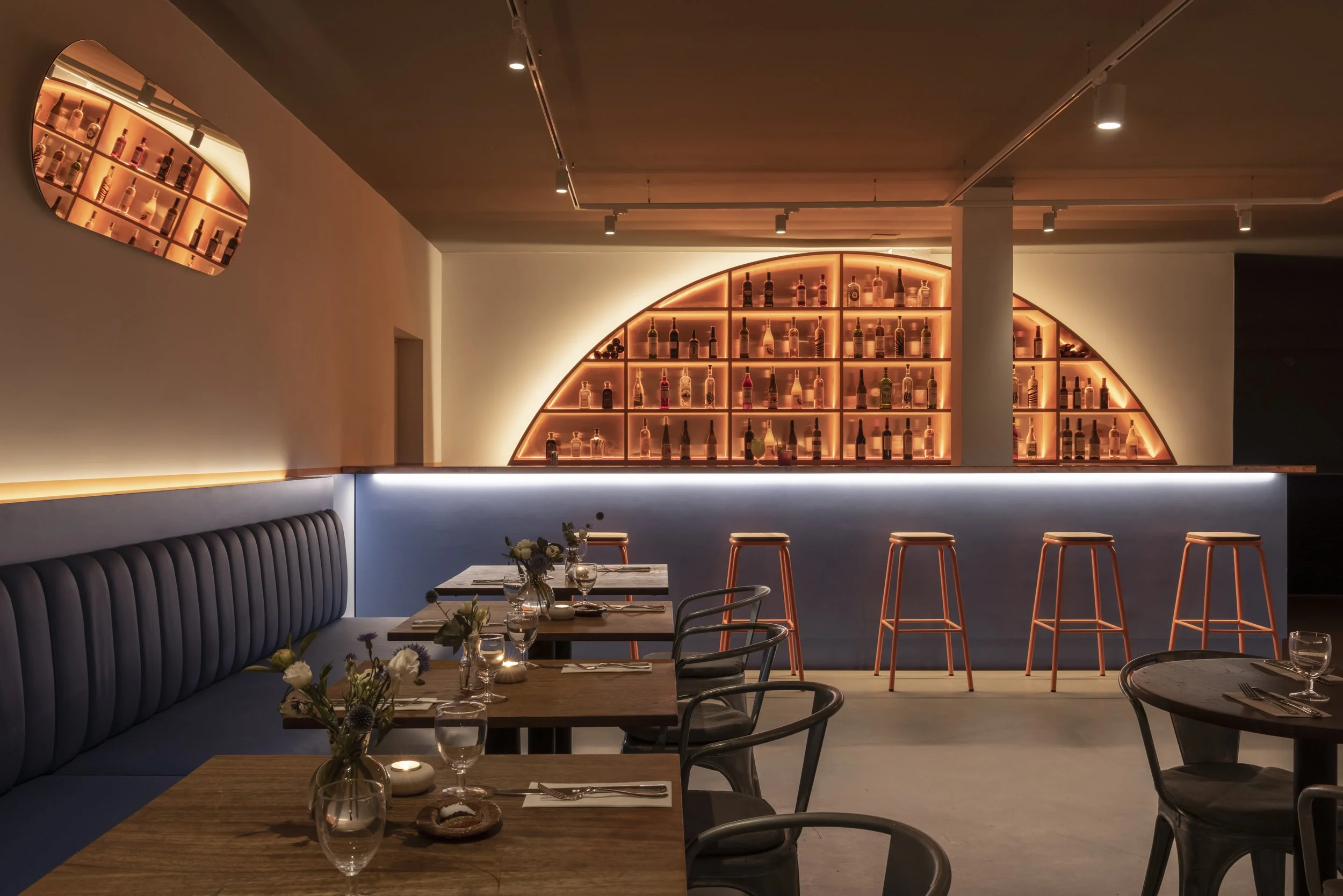 Image 5 of 16
Image 5 of 16

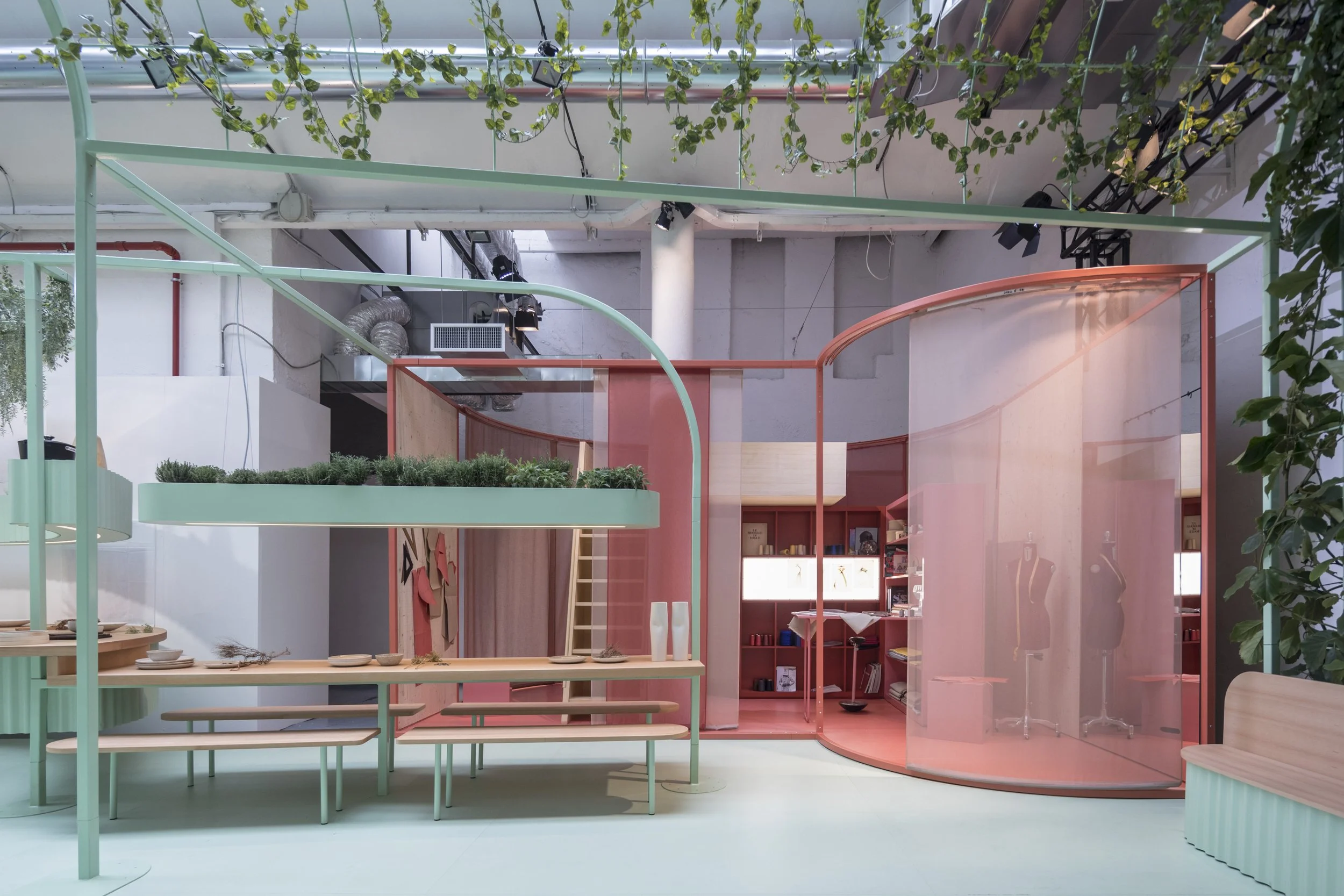 Image 6 of 16
Image 6 of 16

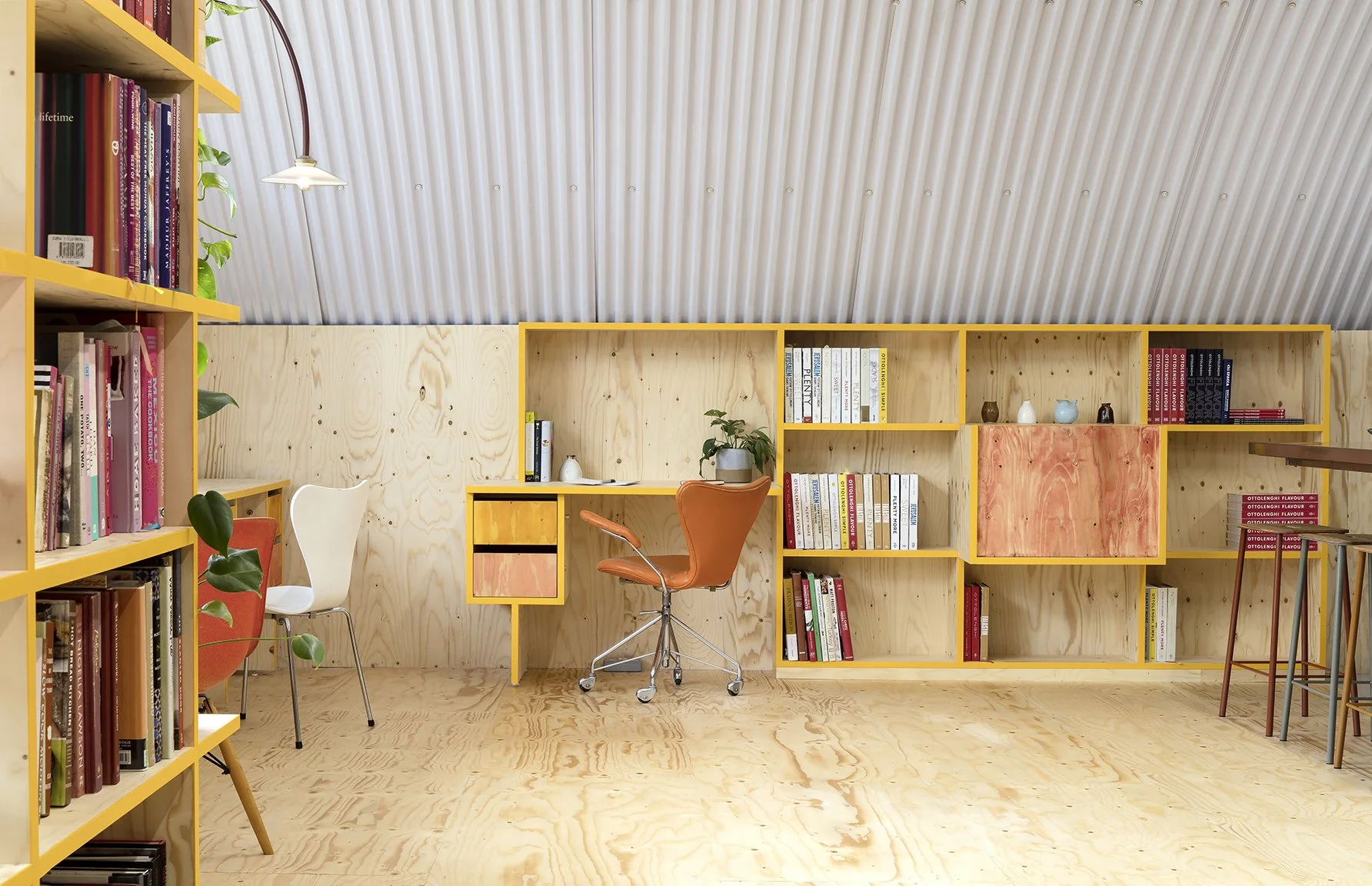 Image 7 of 16
Image 7 of 16

 Image 8 of 16
Image 8 of 16

 Image 9 of 16
Image 9 of 16

 Image 10 of 16
Image 10 of 16

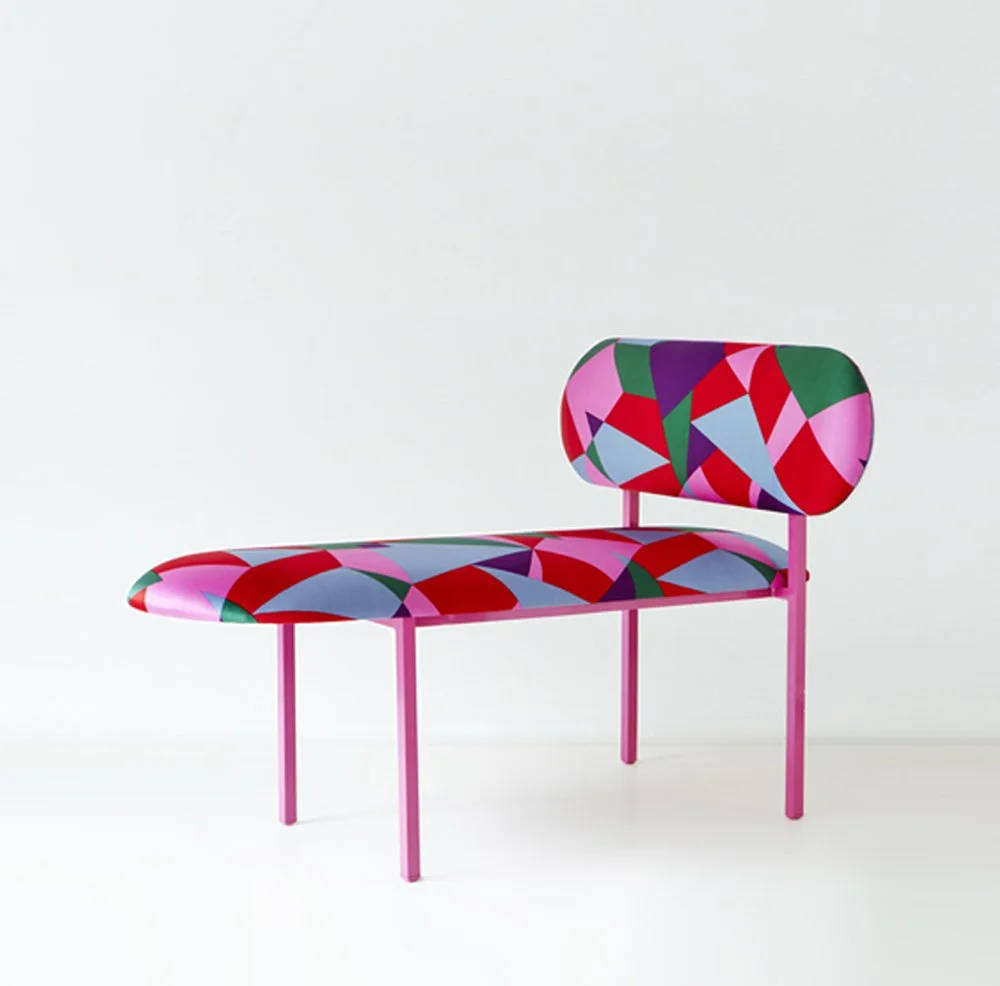 Image 11 of 16
Image 11 of 16

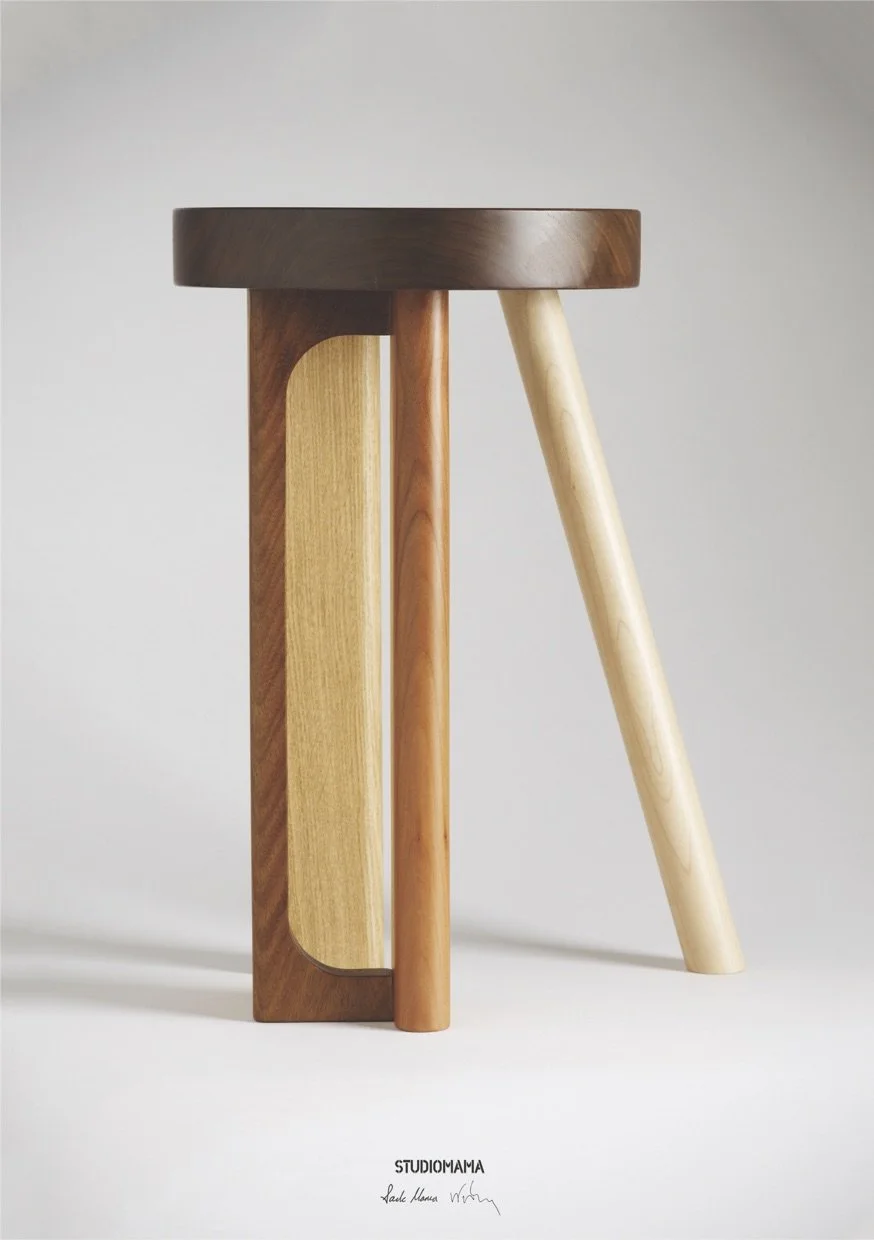 Image 12 of 16
Image 12 of 16

 Image 13 of 16
Image 13 of 16

 Image 14 of 16
Image 14 of 16

 Image 15 of 16
Image 15 of 16

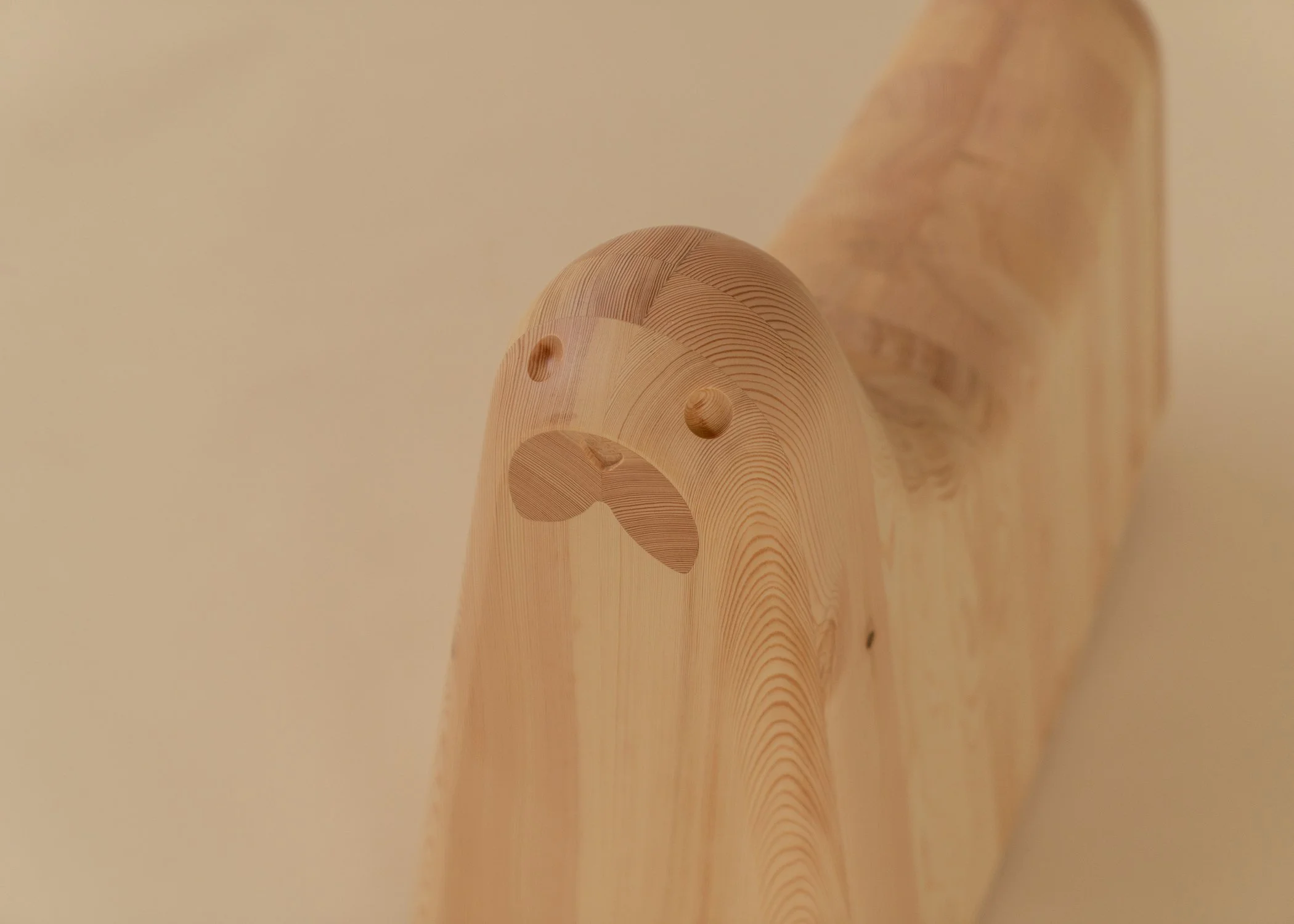 Image 16 of 16
Image 16 of 16

















Studiomama solves problems in fun and functional ways
Studiomama is an East London-based multidisciplinary design studio founded by Nina Tolstrup and Jack Mama in 2000. The studio was established with the mission to create thoughtful, sustainable designs that improve lives and challenge conventional business models. Studiomama's current mission focuses on integrating circular economy principles into their projects, emphasizing material recycling, extending product lifespans, and exploring new forms of upcycling. Core values include sustainability, innovation, and social responsibility, with a purpose to redefine the relationship between design, materials, and the environment.
Location
Headquarters: East London, United Kingdom.
Primary manufacturing/operations locations: Various locations based on project requirements.
The Circular Vision
Core circular economy principles: Designing out waste, using recycled and sustainable materials, and creating products that are long-lasting and adaptable.
Key innovations: Development of projects like the "Re-Imagine" collection, which transforms discarded furniture into new pieces, and open-source furniture designs that allow people to create their own versions using locally sourced materials.
Prioritization of local sourcing and closed-loop supply chains: Emphasis on using locally sourced, recycled materials and sustainable production methods to minimize environmental impact and support local economies.
Pioneering Solutions
Flagship projects: "Re-Imagine" collection (upcycling discarded furniture), "Pallet Project" (open-source furniture designs using wooden pallets), and "Waste Not Want It" (creating meeting rooms from used wooden pallets for Bloomberg).
Unique value propositions: High-quality, innovative design solutions that prioritize circularity, material reuse, and social impact. Studiomama's work is known for its ability to transform discarded objects into meaningful, functional pieces that promote sustainability and community engagement.
The Regenerative Future
R&D focus areas: Advancing upcycling techniques, exploring new applications for waste materials, and developing design solutions that further reduce waste and energy consumption while empowering local communities.
Ambitious goals: To lead the design industry in sustainable practices, create zero-waste products and services, and inspire a shift towards a regenerative approach to design and consumption.
Fact Sheet
Commercial Availability: Design services and products available through direct collaborations, exhibitions, and select retailers.
Circularity Rating: 5/5 (Strong focus on circular economy principles and waste reduction).
Key Certifications: Information not available.
Cost Rating: 4/5 (Competitive with high-end design services, with significant value in sustainability and innovation).
Material Passport: Detailed material traceability and use of recycled and upcycled materials.
Designed for Disassembly: Yes, many products are designed for easy disassembly and recycling.
Carbon Performance: Focus on reducing carbon footprint through the use of recycled materials and local production. Committed to minimizing environmental impact through efficient design and manufacturing processes.
Key Takeaway
Studiomama transforms the design industry through innovative, sustainable solutions that prioritize circular economy principles, setting a benchmark for environmental responsibility and social impact in contemporary design.
Explore Further
Studiomama website: https://studiomama.com
Profile: https://studiomama.com/profile
Example project: Re-Imagine Collection
Studiomama is an East London-based multidisciplinary design studio founded by Nina Tolstrup and Jack Mama in 2000. The studio was established with the mission to create thoughtful, sustainable designs that improve lives and challenge conventional business models. Studiomama's current mission focuses on integrating circular economy principles into their projects, emphasizing material recycling, extending product lifespans, and exploring new forms of upcycling. Core values include sustainability, innovation, and social responsibility, with a purpose to redefine the relationship between design, materials, and the environment.
Location
Headquarters: East London, United Kingdom.
Primary manufacturing/operations locations: Various locations based on project requirements.
The Circular Vision
Core circular economy principles: Designing out waste, using recycled and sustainable materials, and creating products that are long-lasting and adaptable.
Key innovations: Development of projects like the "Re-Imagine" collection, which transforms discarded furniture into new pieces, and open-source furniture designs that allow people to create their own versions using locally sourced materials.
Prioritization of local sourcing and closed-loop supply chains: Emphasis on using locally sourced, recycled materials and sustainable production methods to minimize environmental impact and support local economies.
Pioneering Solutions
Flagship projects: "Re-Imagine" collection (upcycling discarded furniture), "Pallet Project" (open-source furniture designs using wooden pallets), and "Waste Not Want It" (creating meeting rooms from used wooden pallets for Bloomberg).
Unique value propositions: High-quality, innovative design solutions that prioritize circularity, material reuse, and social impact. Studiomama's work is known for its ability to transform discarded objects into meaningful, functional pieces that promote sustainability and community engagement.
The Regenerative Future
R&D focus areas: Advancing upcycling techniques, exploring new applications for waste materials, and developing design solutions that further reduce waste and energy consumption while empowering local communities.
Ambitious goals: To lead the design industry in sustainable practices, create zero-waste products and services, and inspire a shift towards a regenerative approach to design and consumption.
Fact Sheet
Commercial Availability: Design services and products available through direct collaborations, exhibitions, and select retailers.
Circularity Rating: 5/5 (Strong focus on circular economy principles and waste reduction).
Key Certifications: Information not available.
Cost Rating: 4/5 (Competitive with high-end design services, with significant value in sustainability and innovation).
Material Passport: Detailed material traceability and use of recycled and upcycled materials.
Designed for Disassembly: Yes, many products are designed for easy disassembly and recycling.
Carbon Performance: Focus on reducing carbon footprint through the use of recycled materials and local production. Committed to minimizing environmental impact through efficient design and manufacturing processes.
Key Takeaway
Studiomama transforms the design industry through innovative, sustainable solutions that prioritize circular economy principles, setting a benchmark for environmental responsibility and social impact in contemporary design.
Explore Further
Studiomama website: https://studiomama.com
Profile: https://studiomama.com/profile
Example project: Re-Imagine Collection

